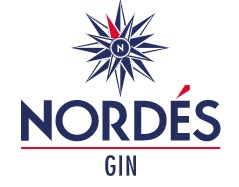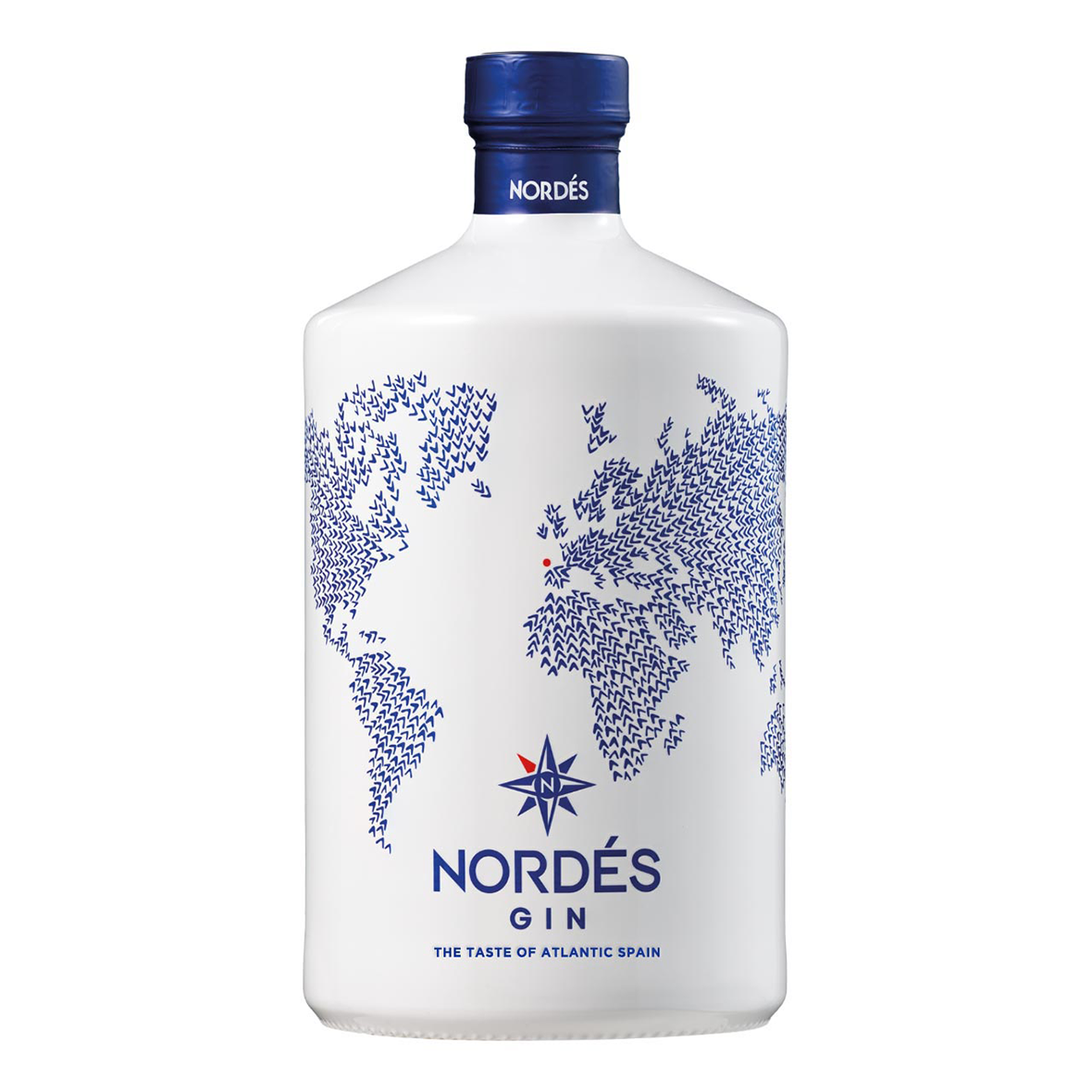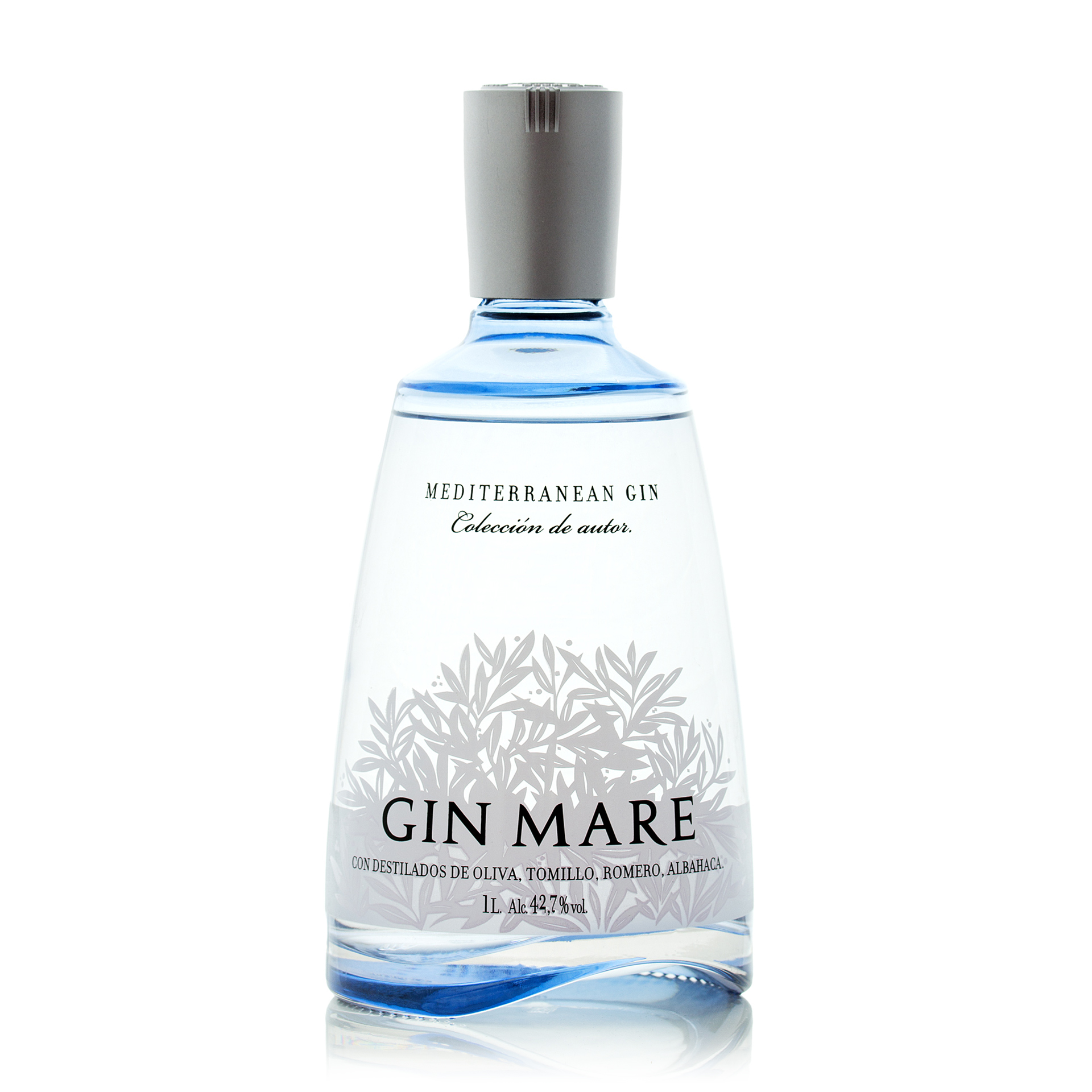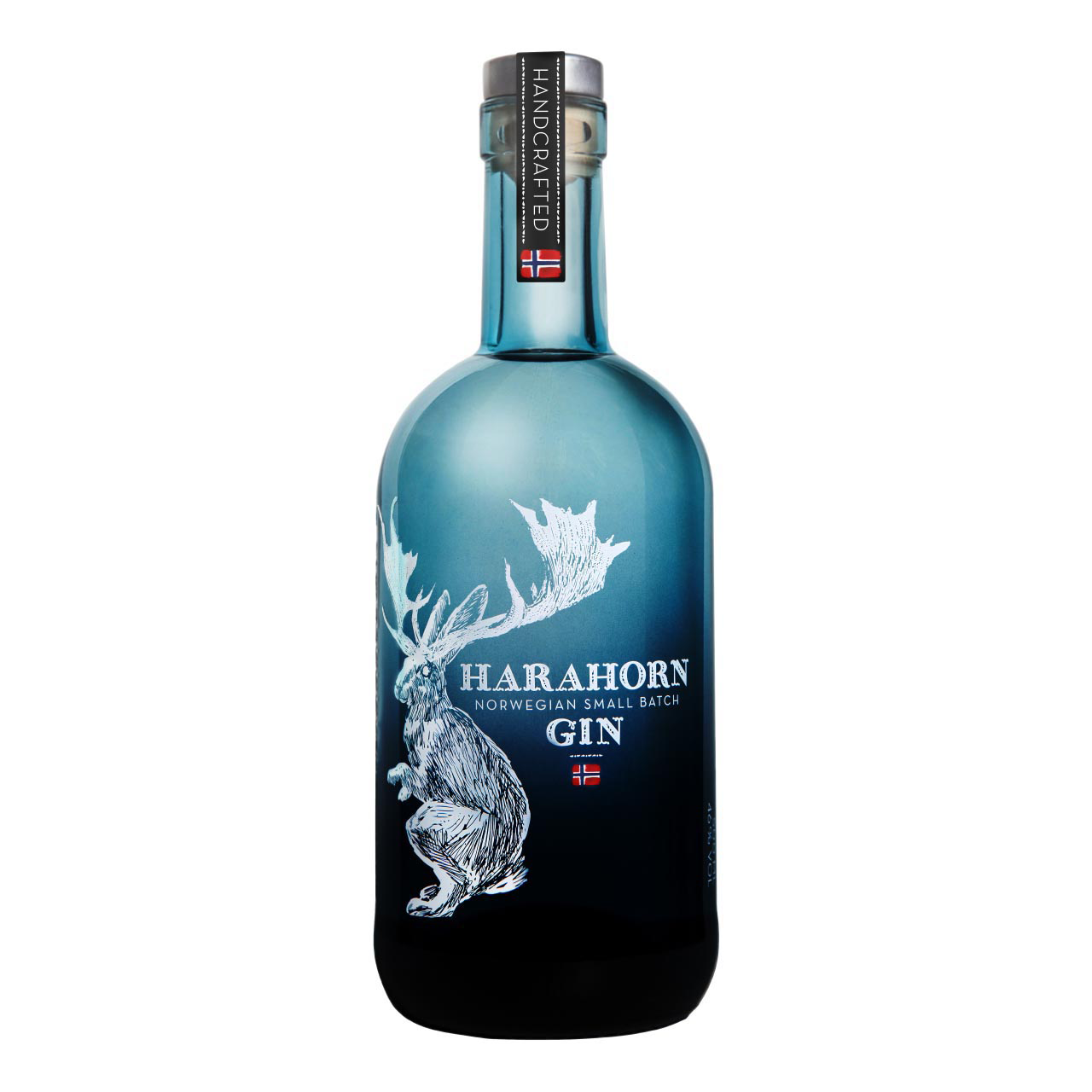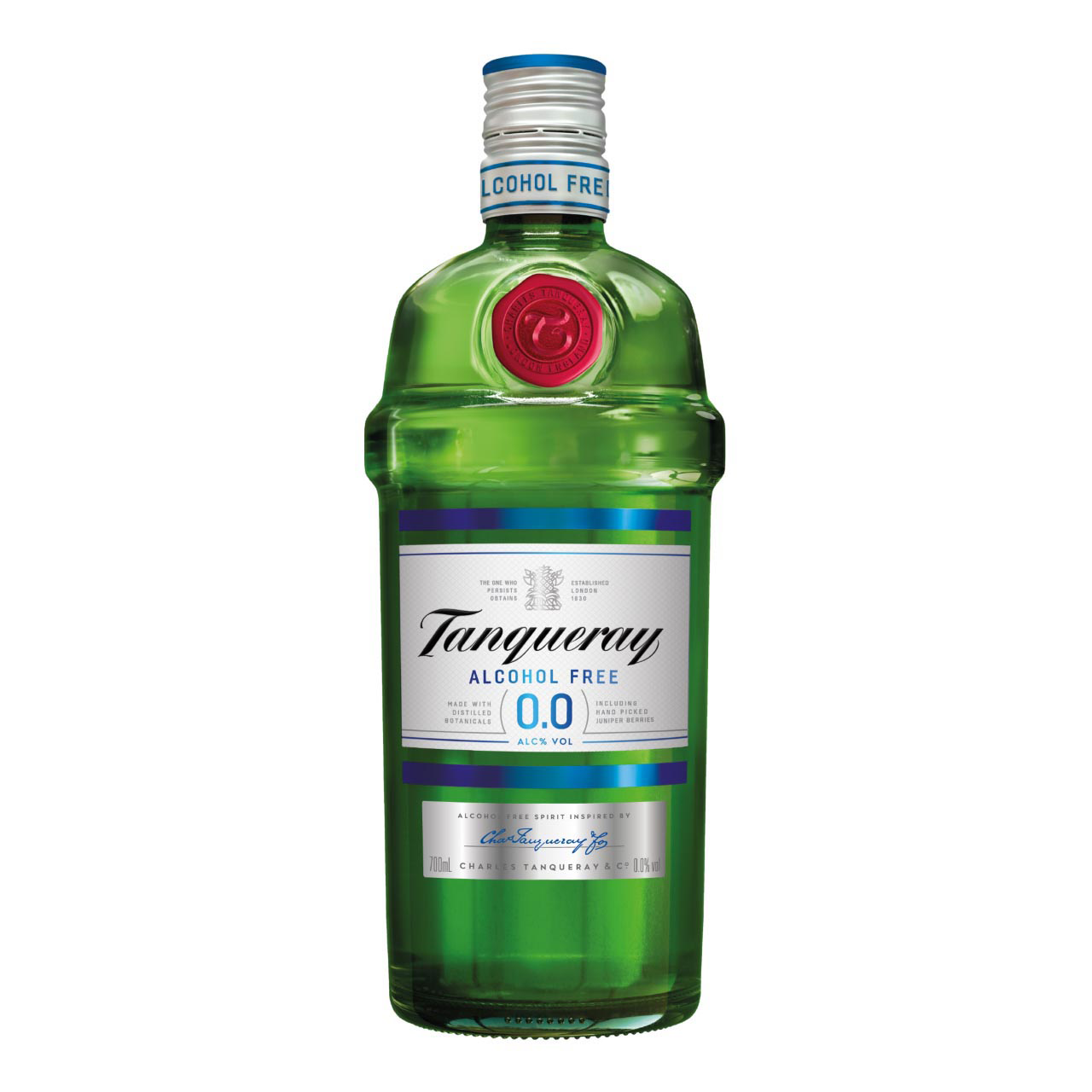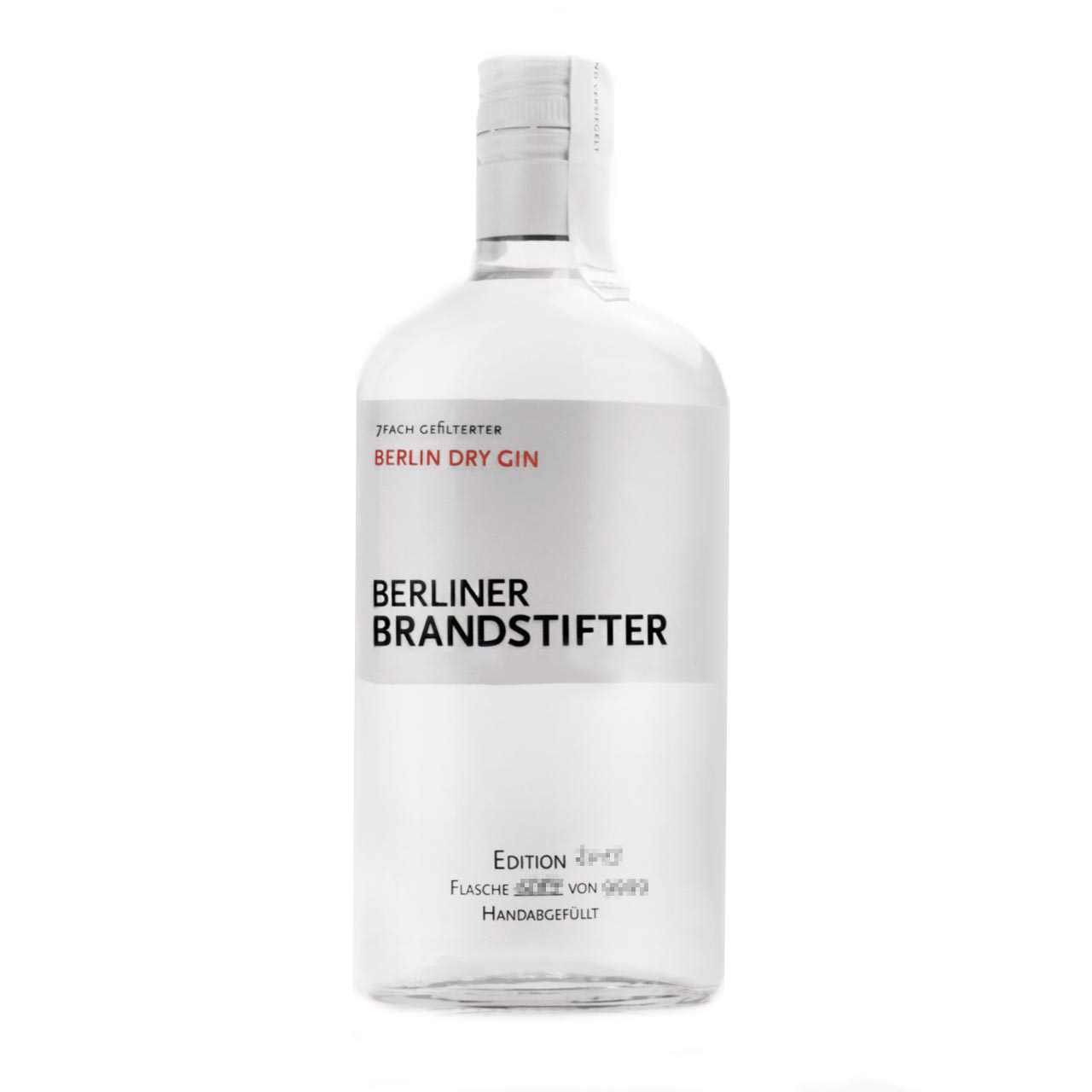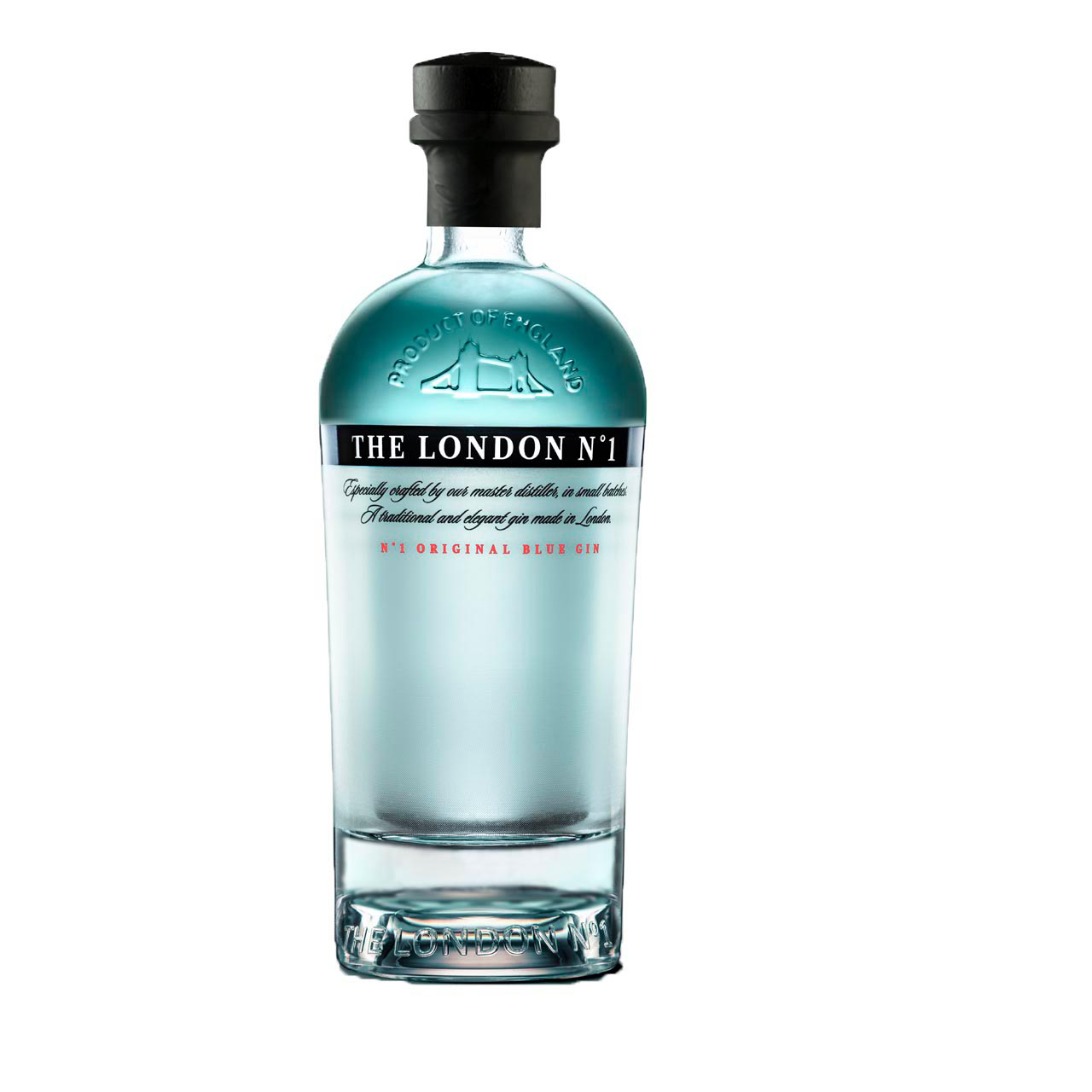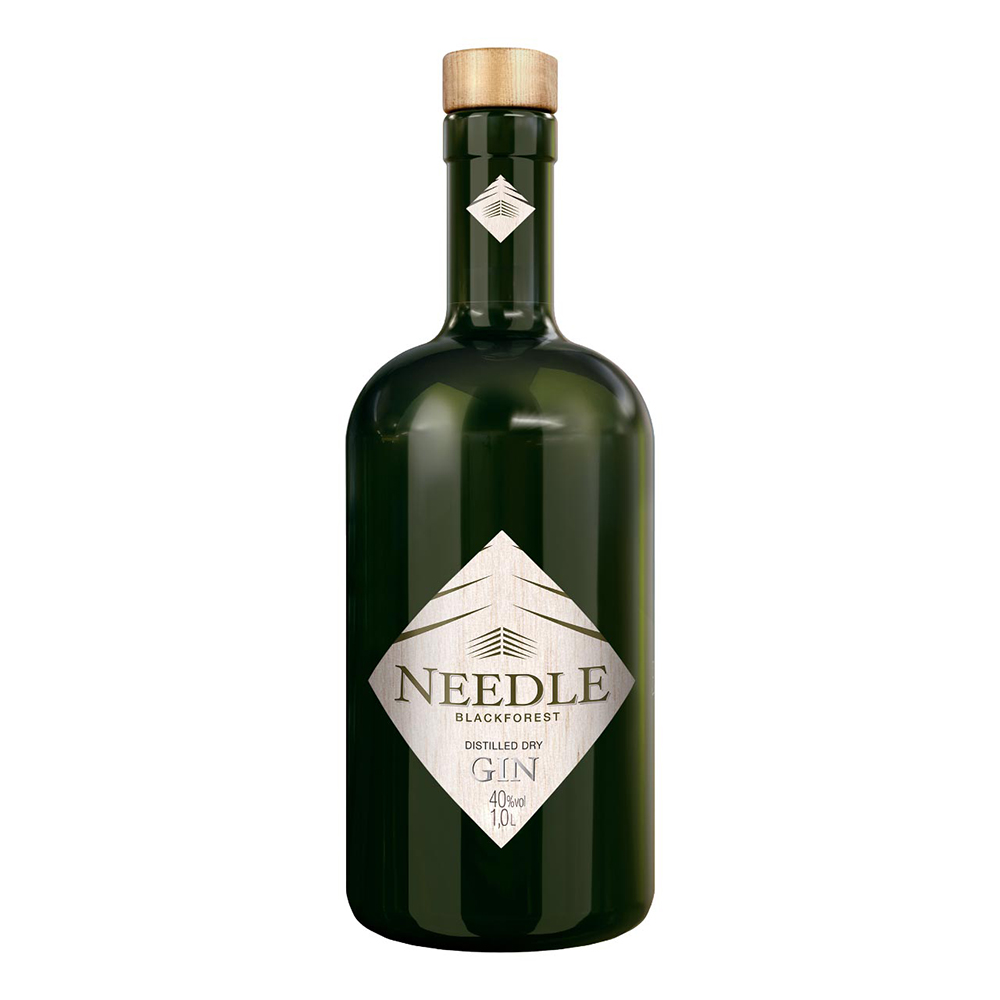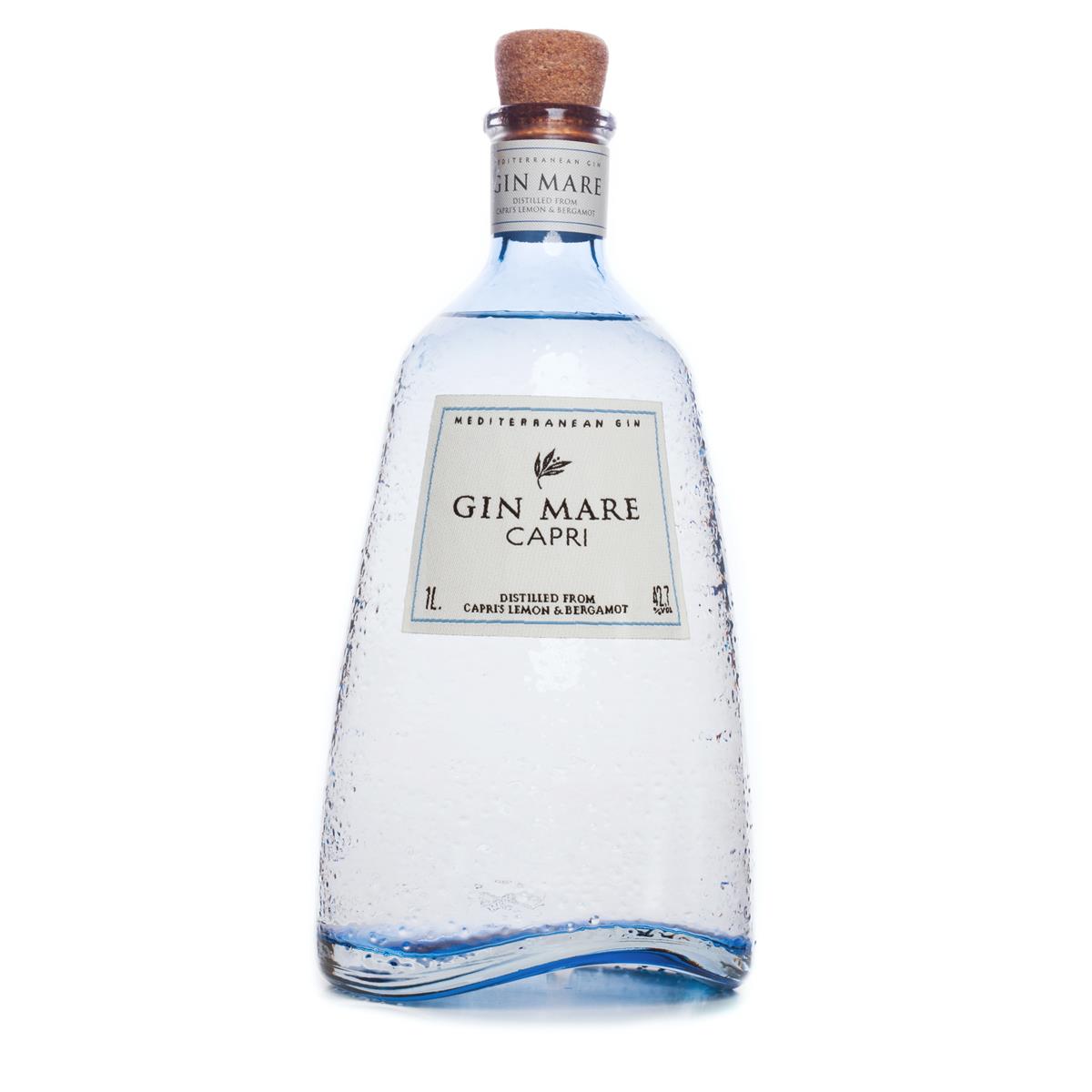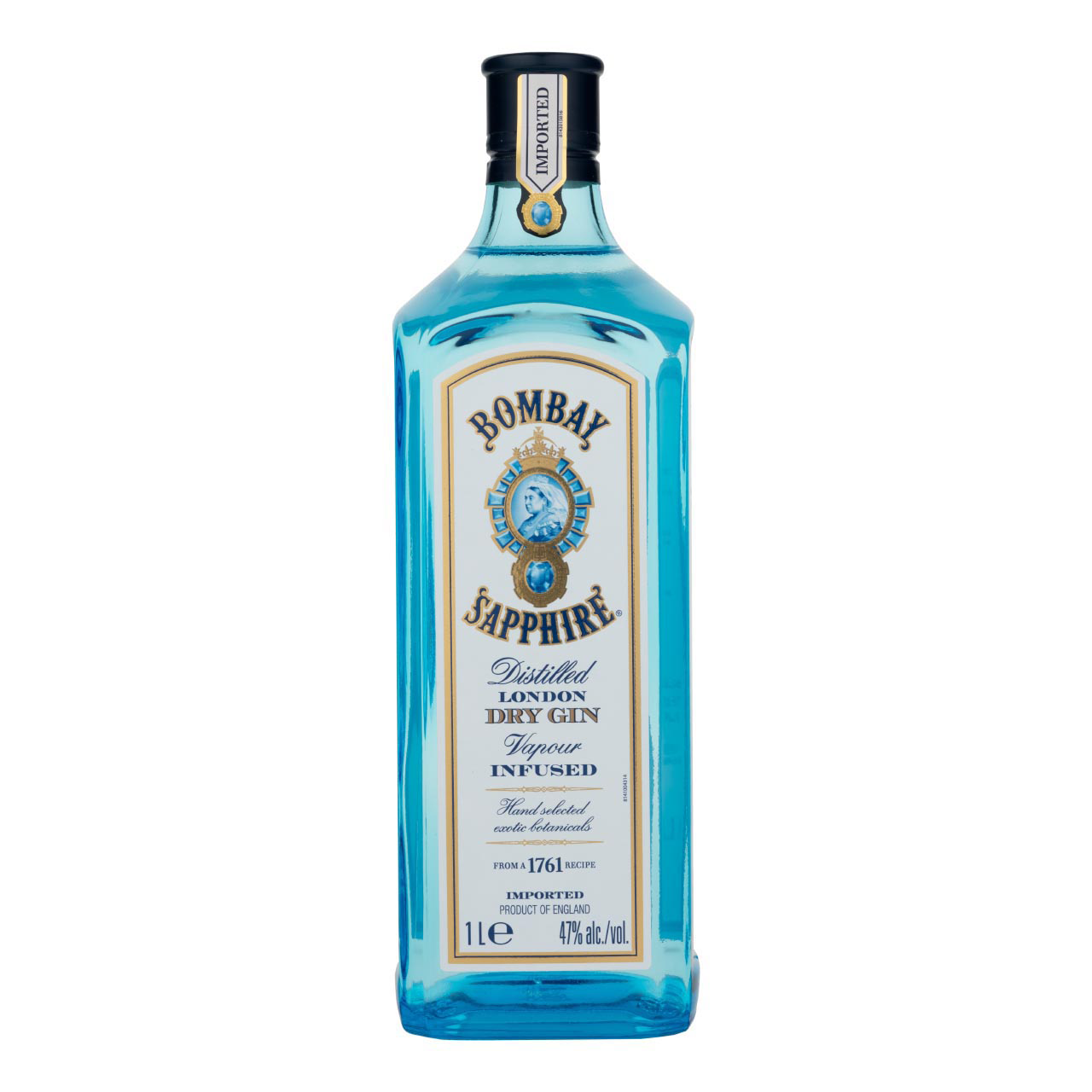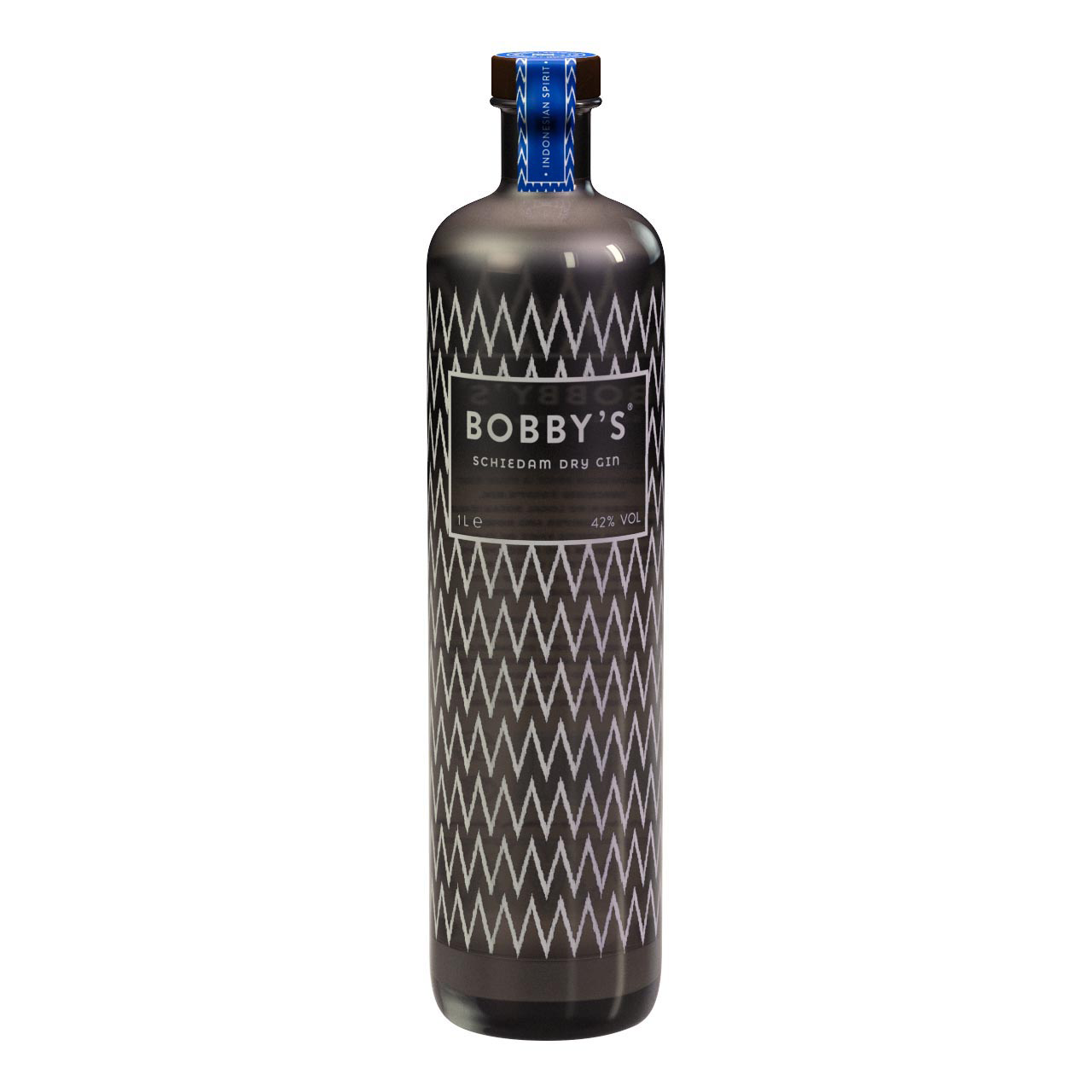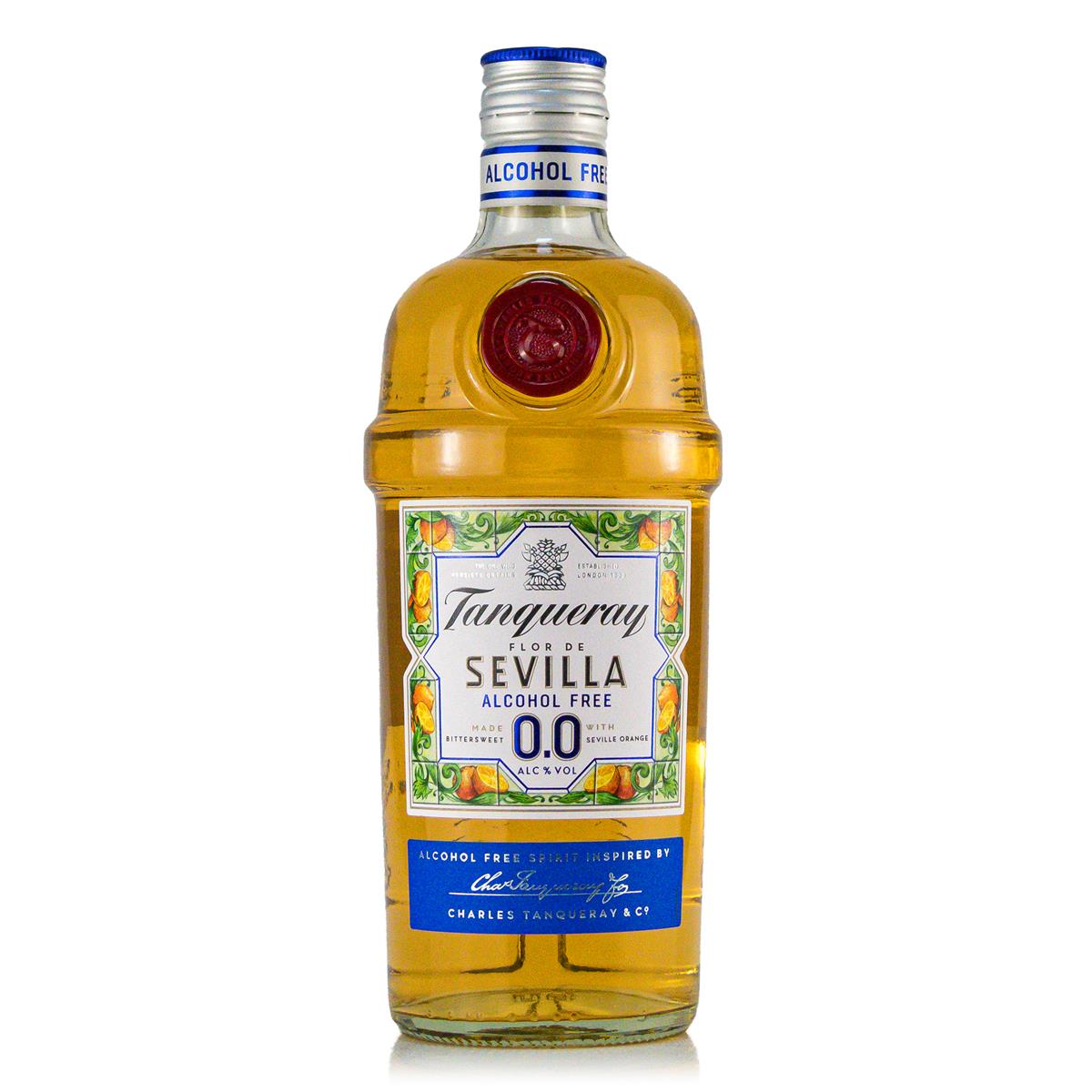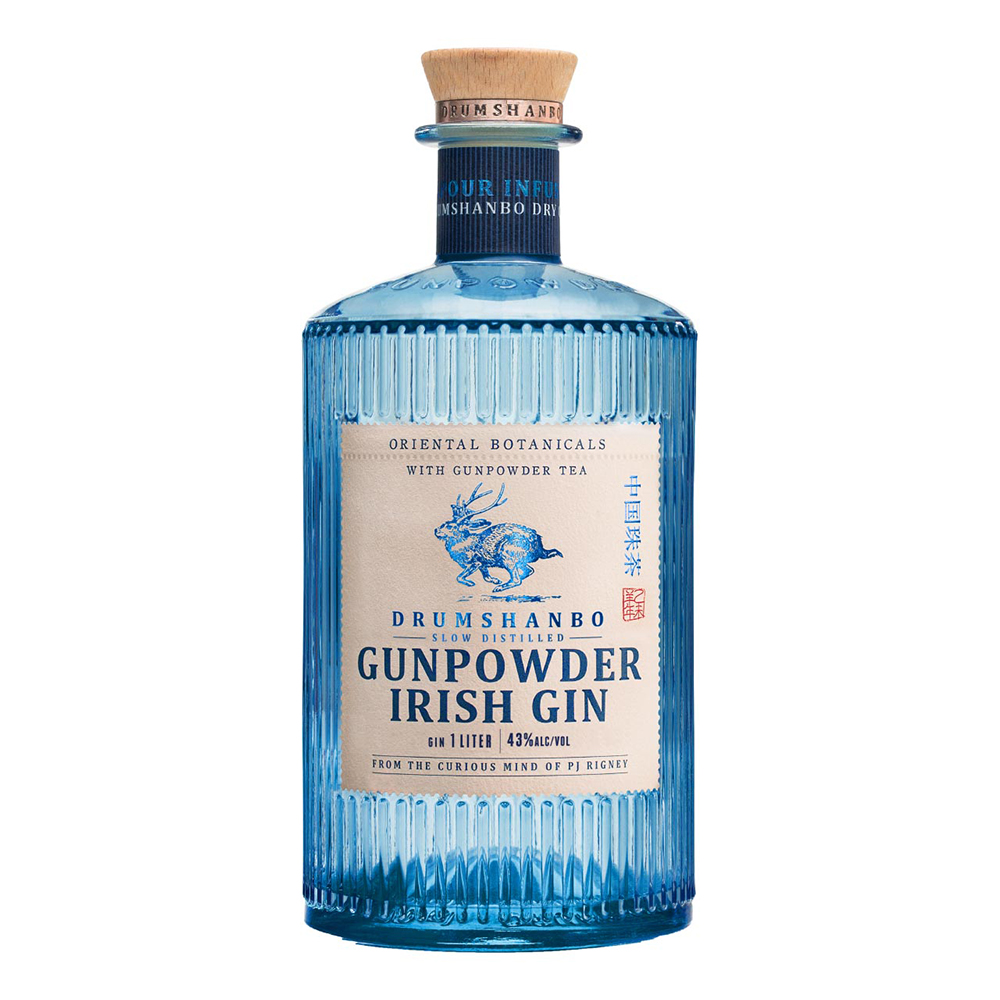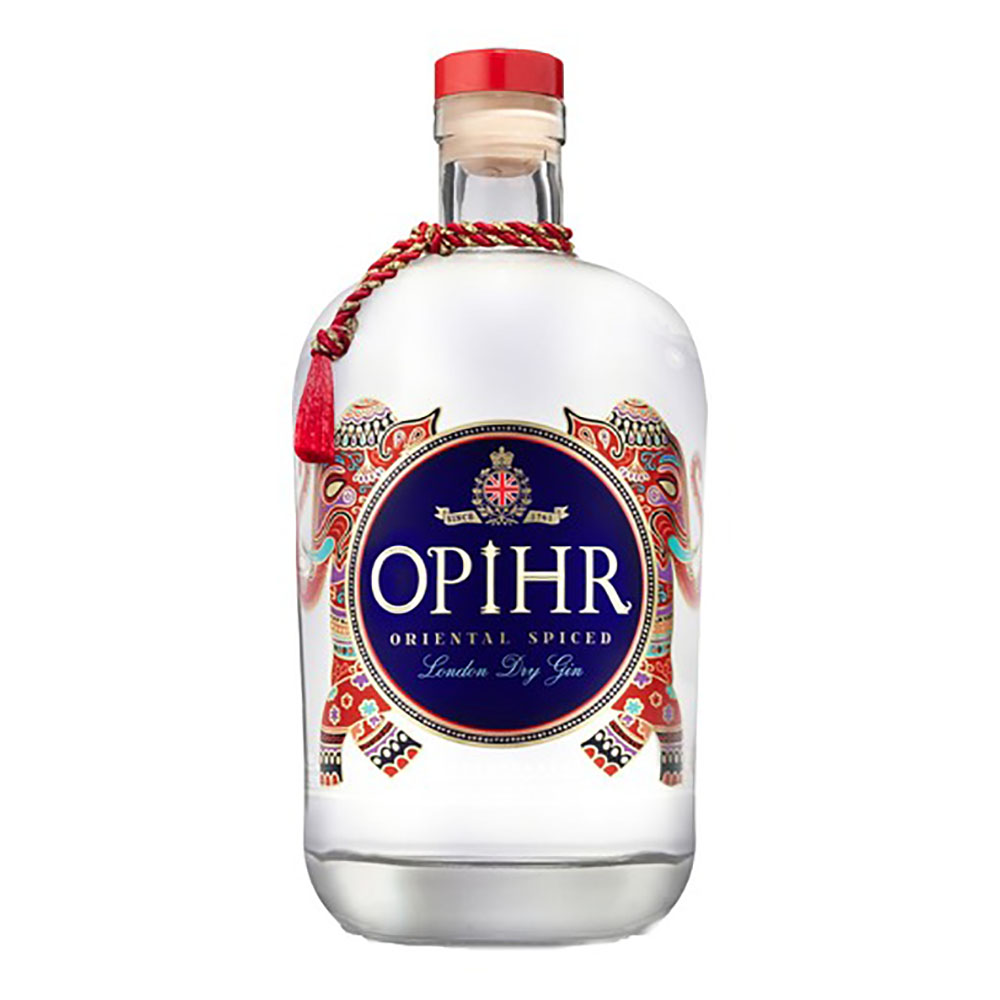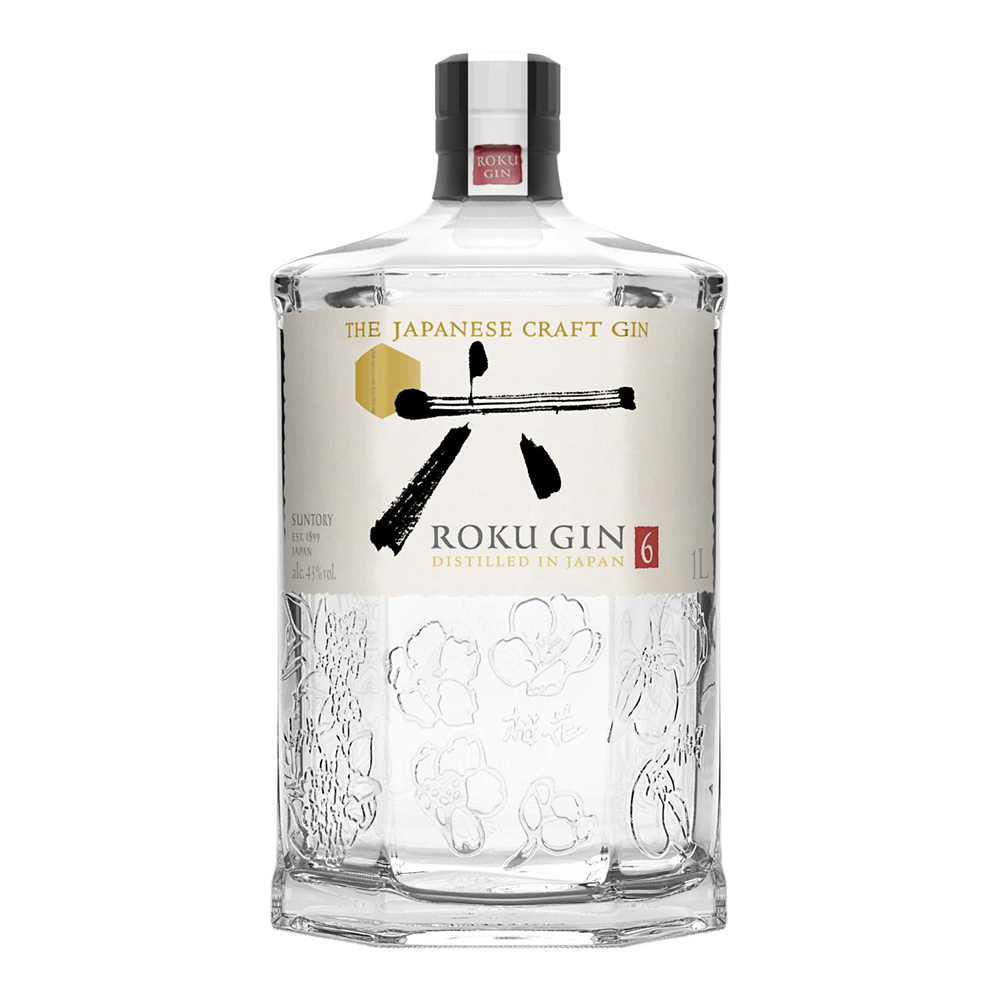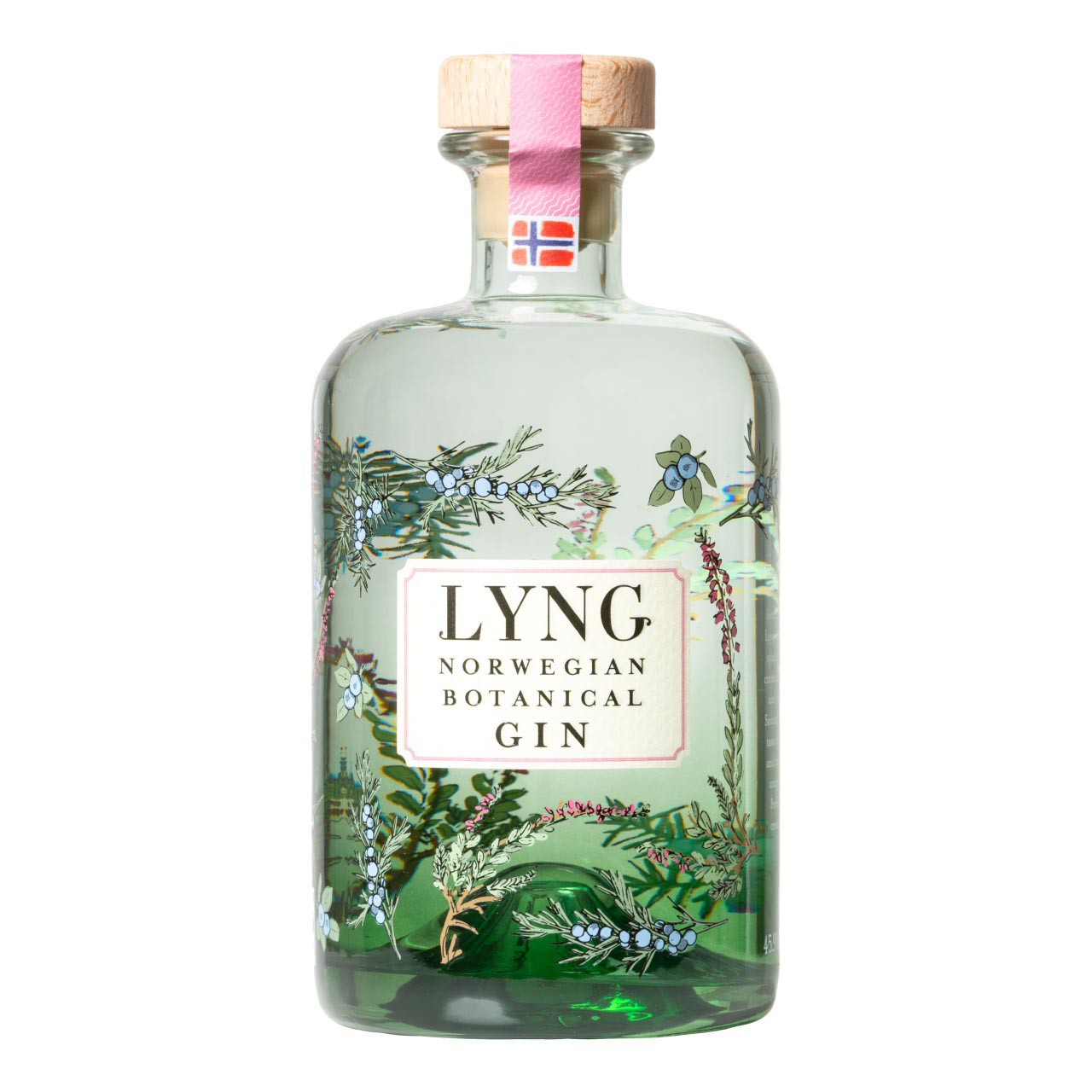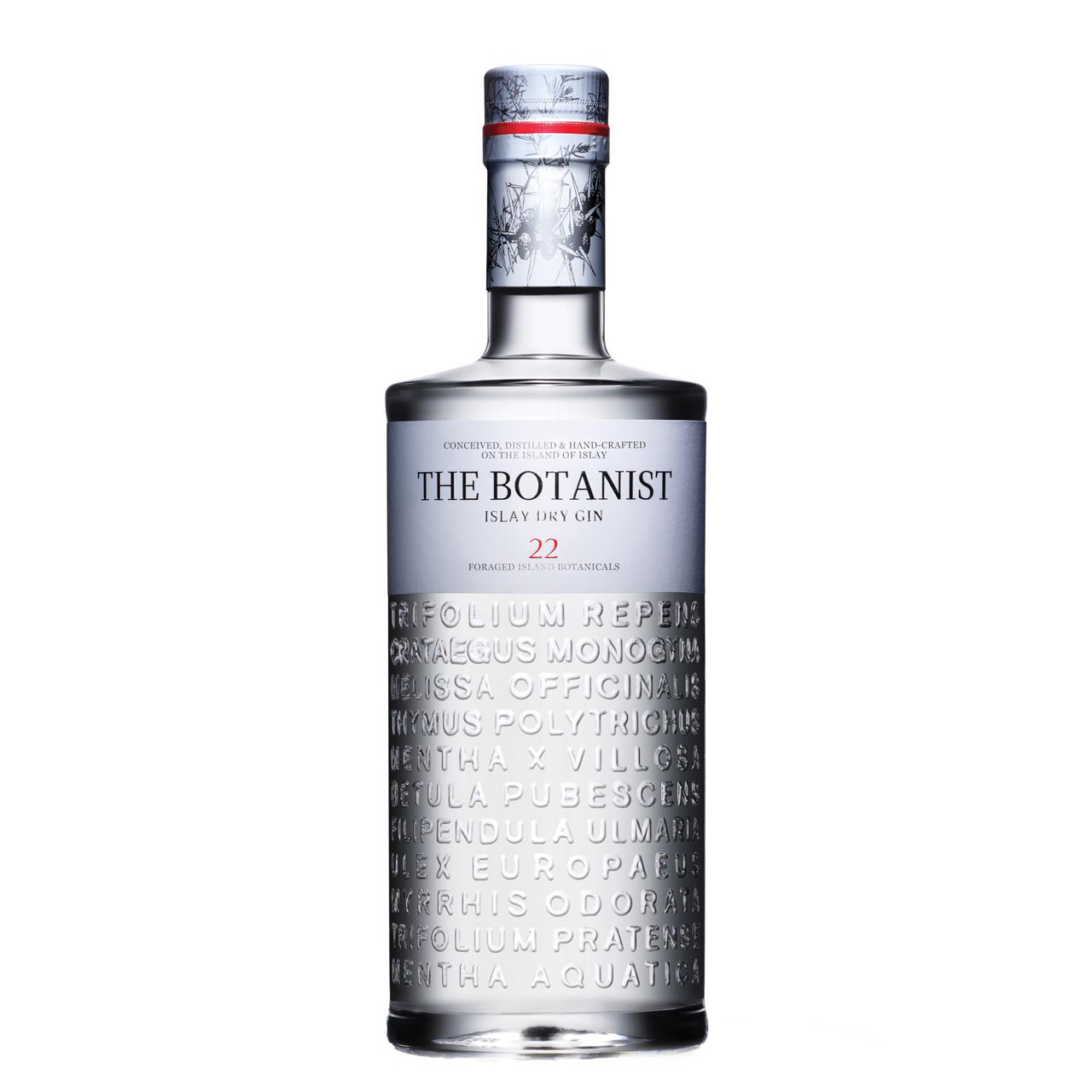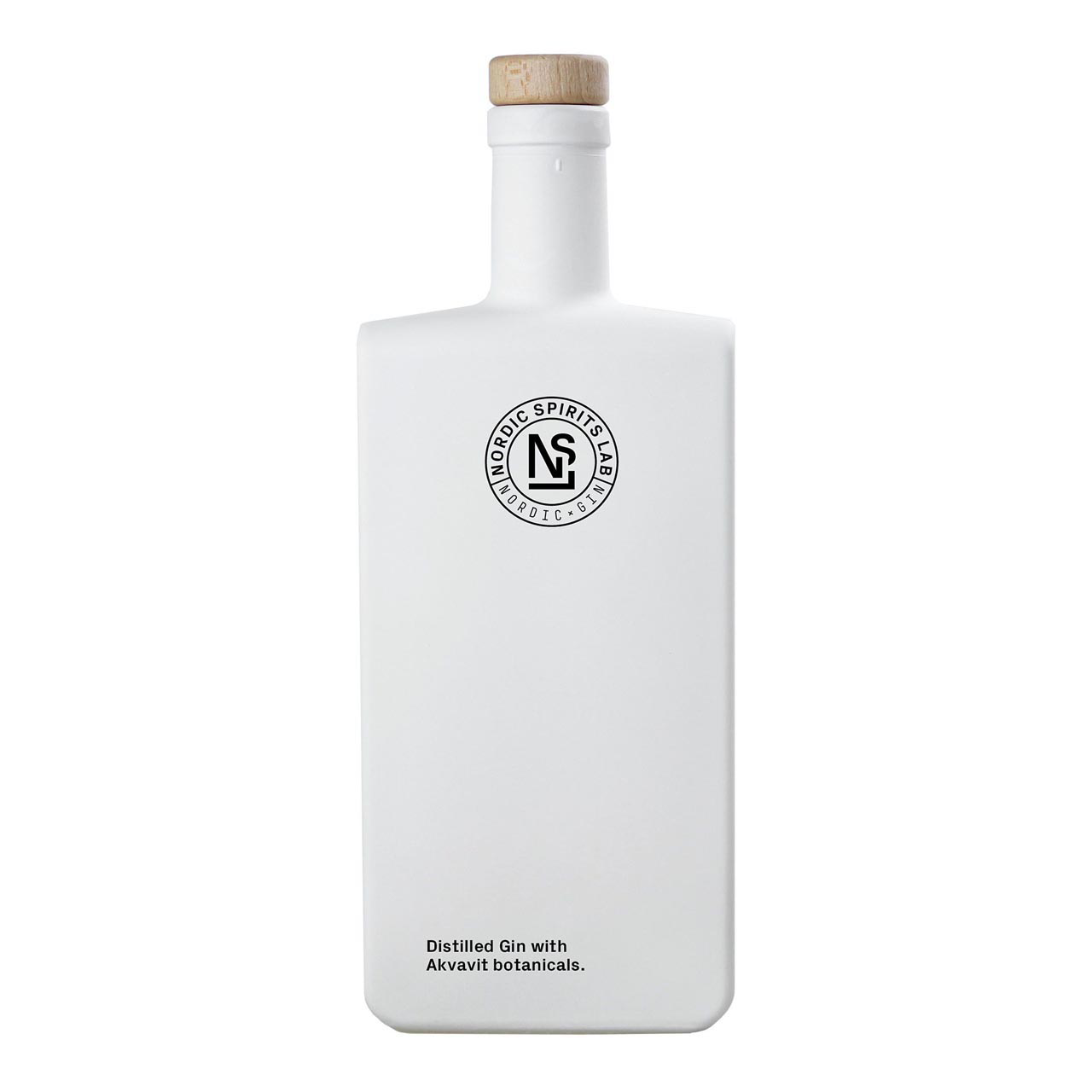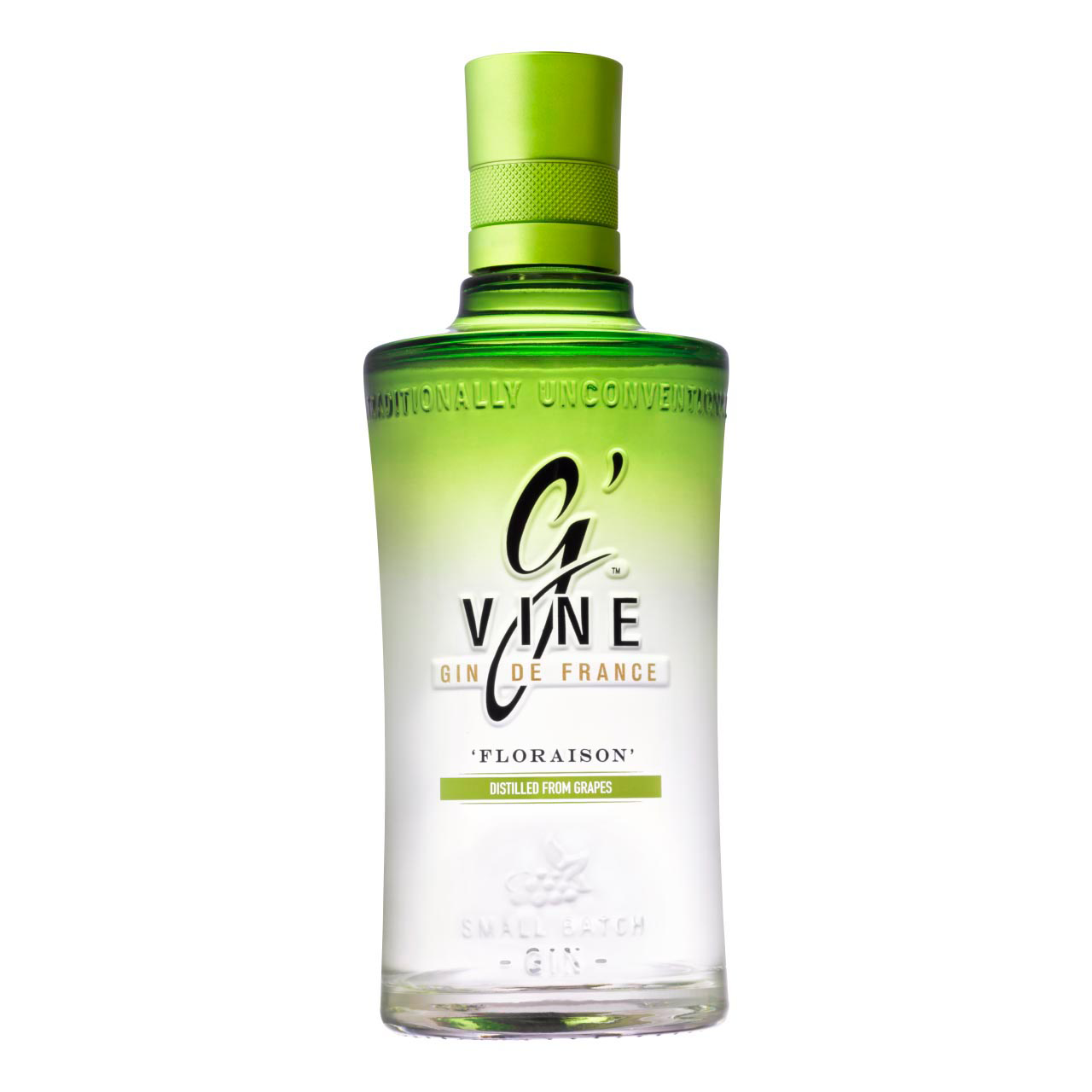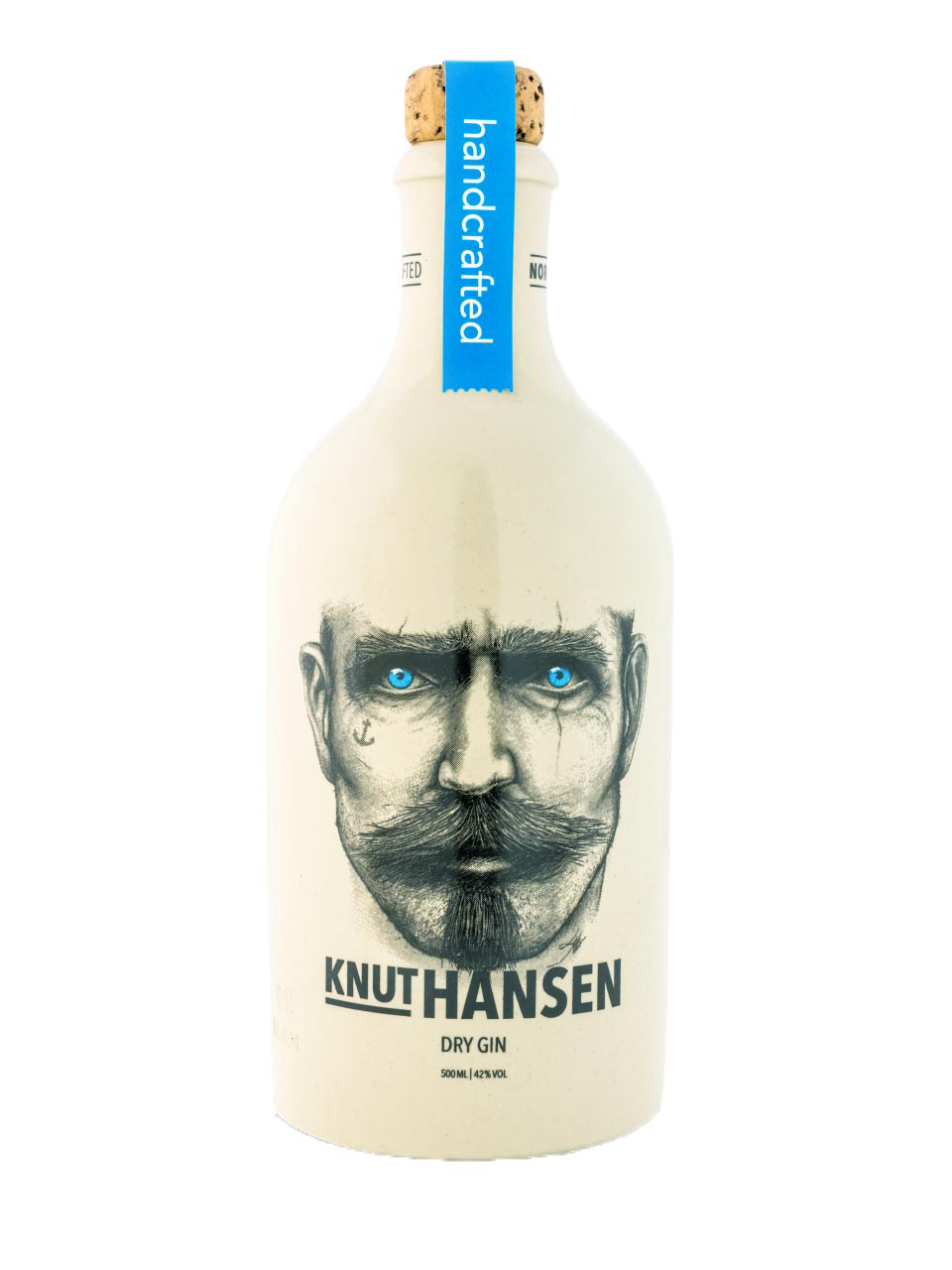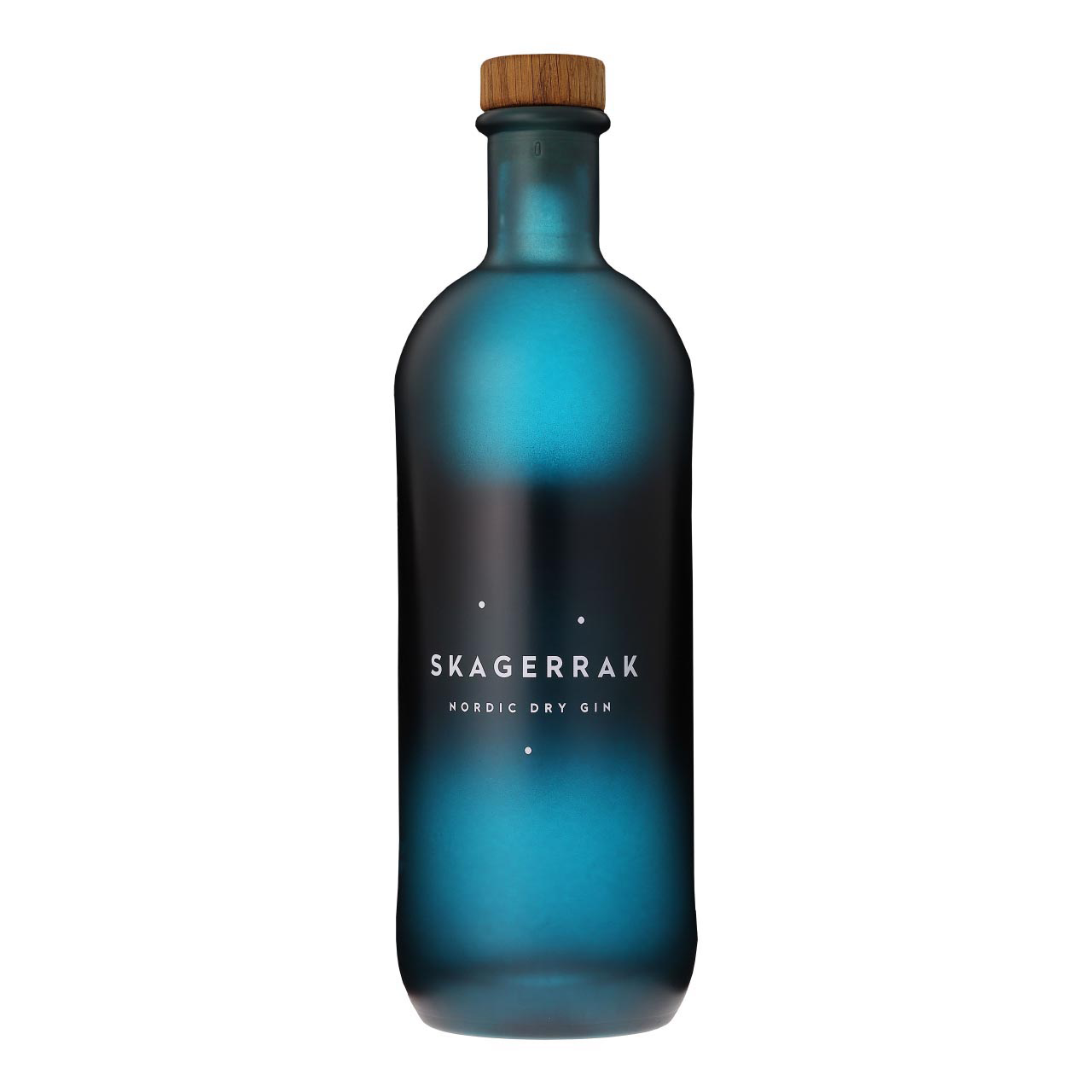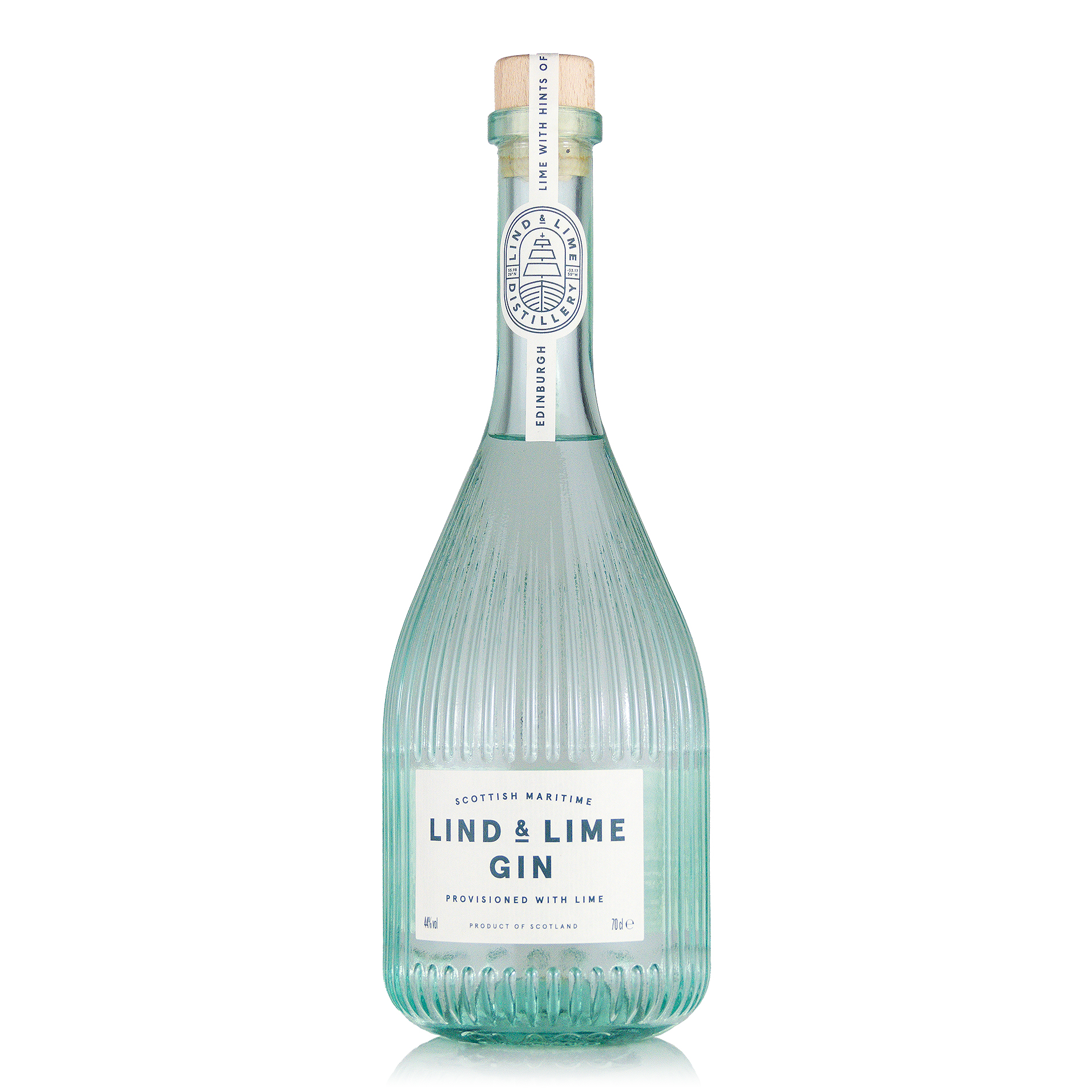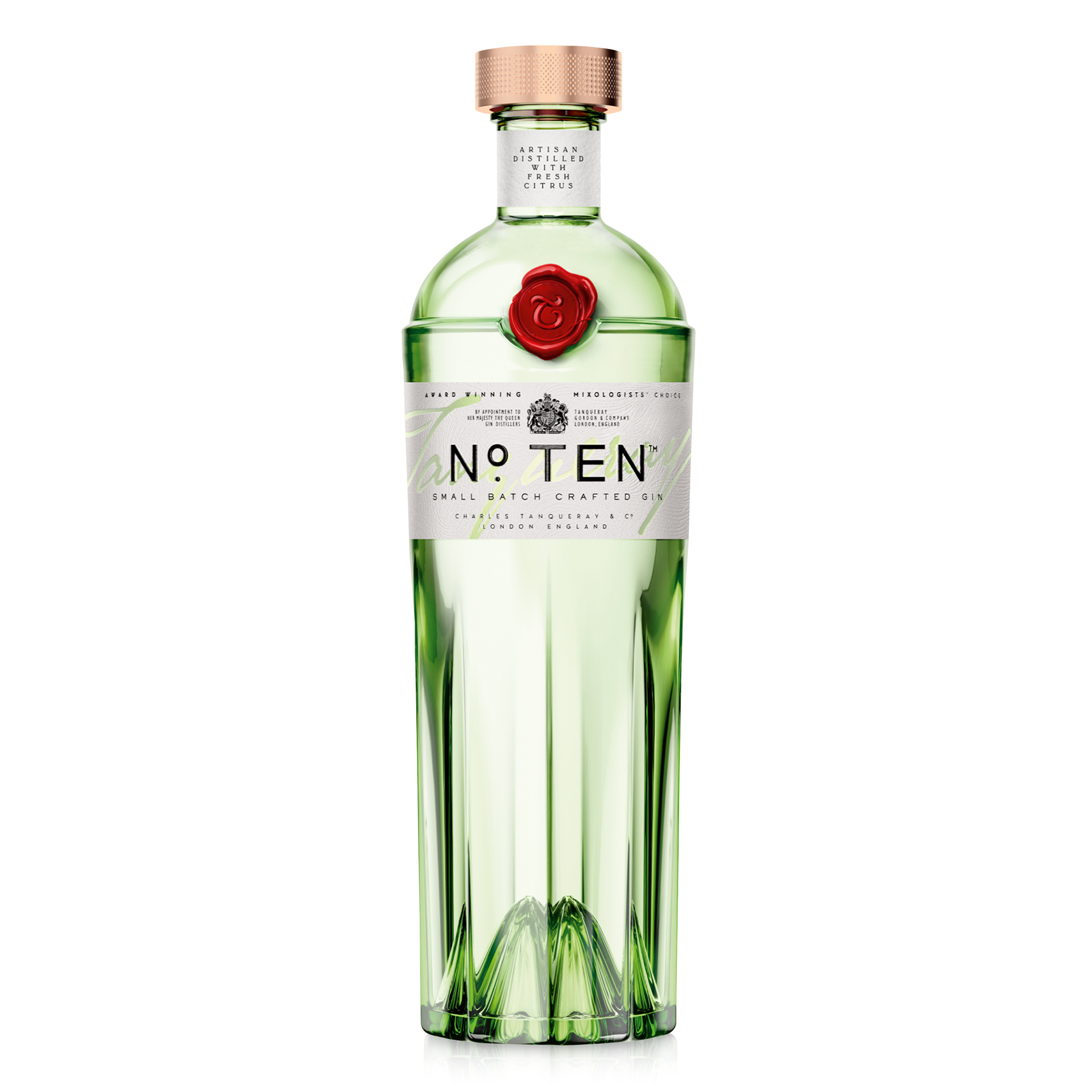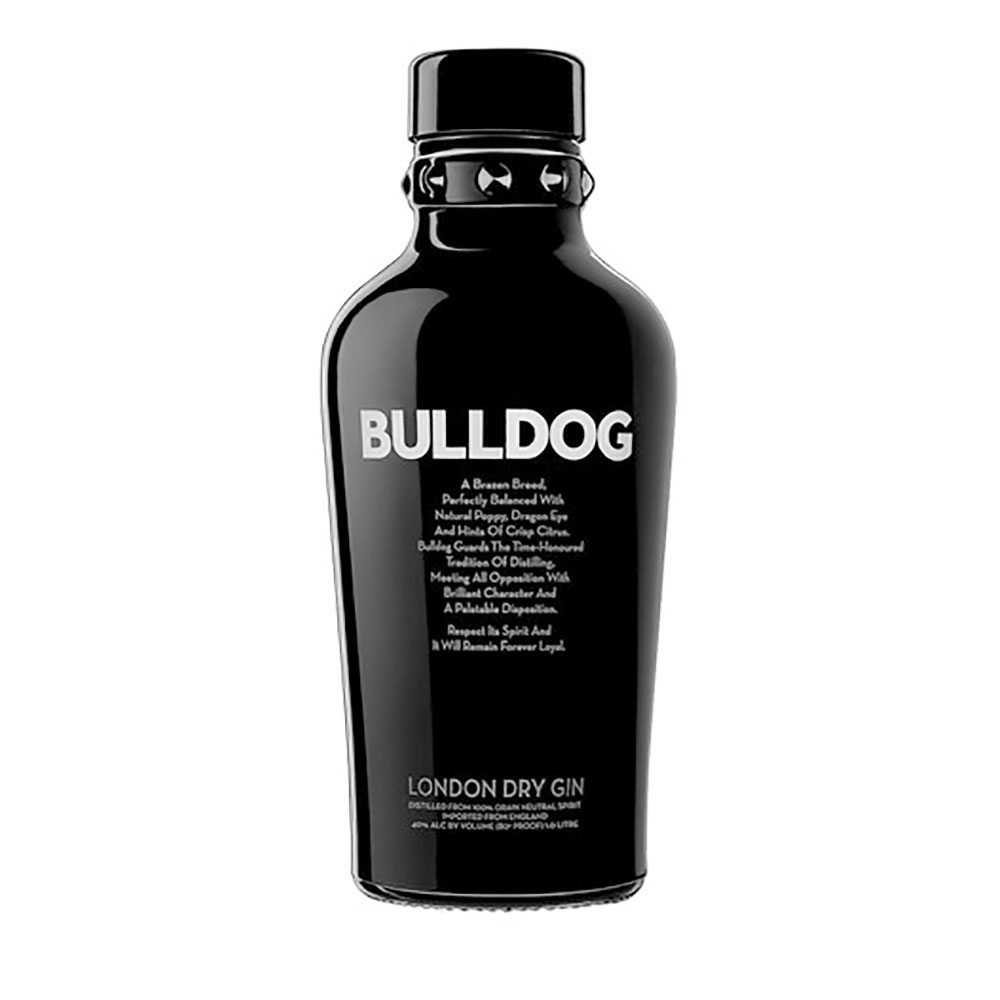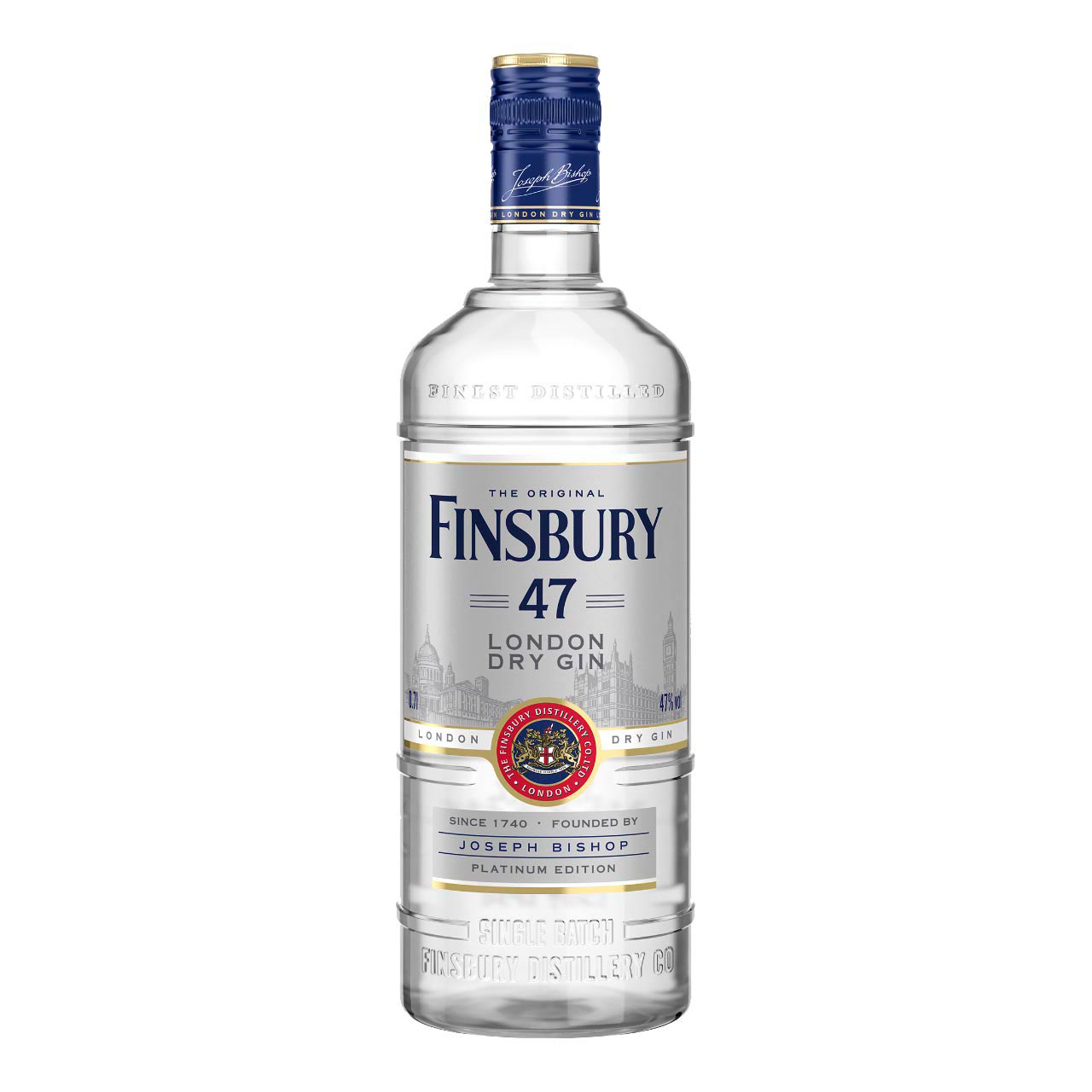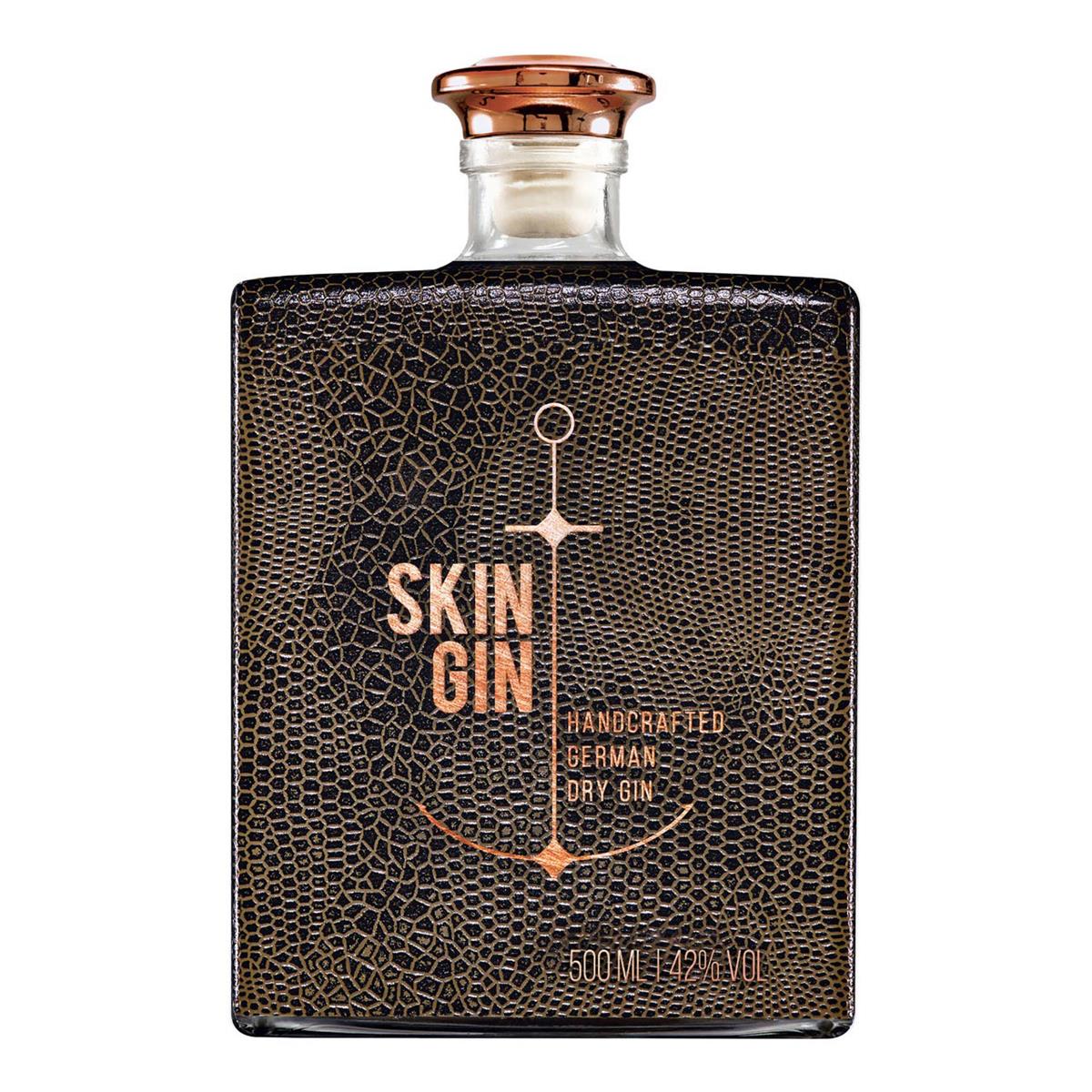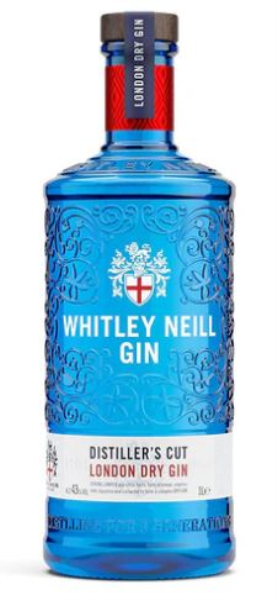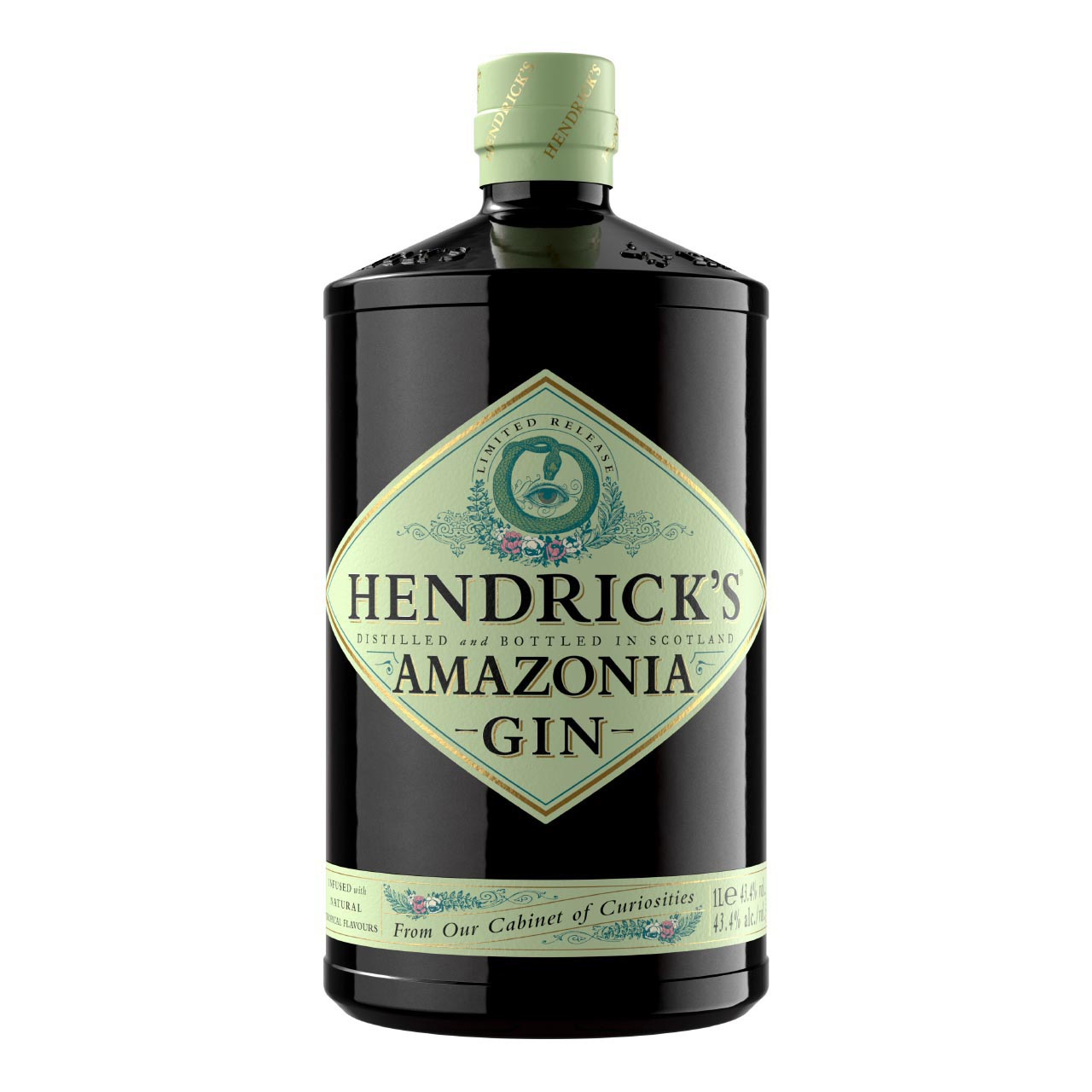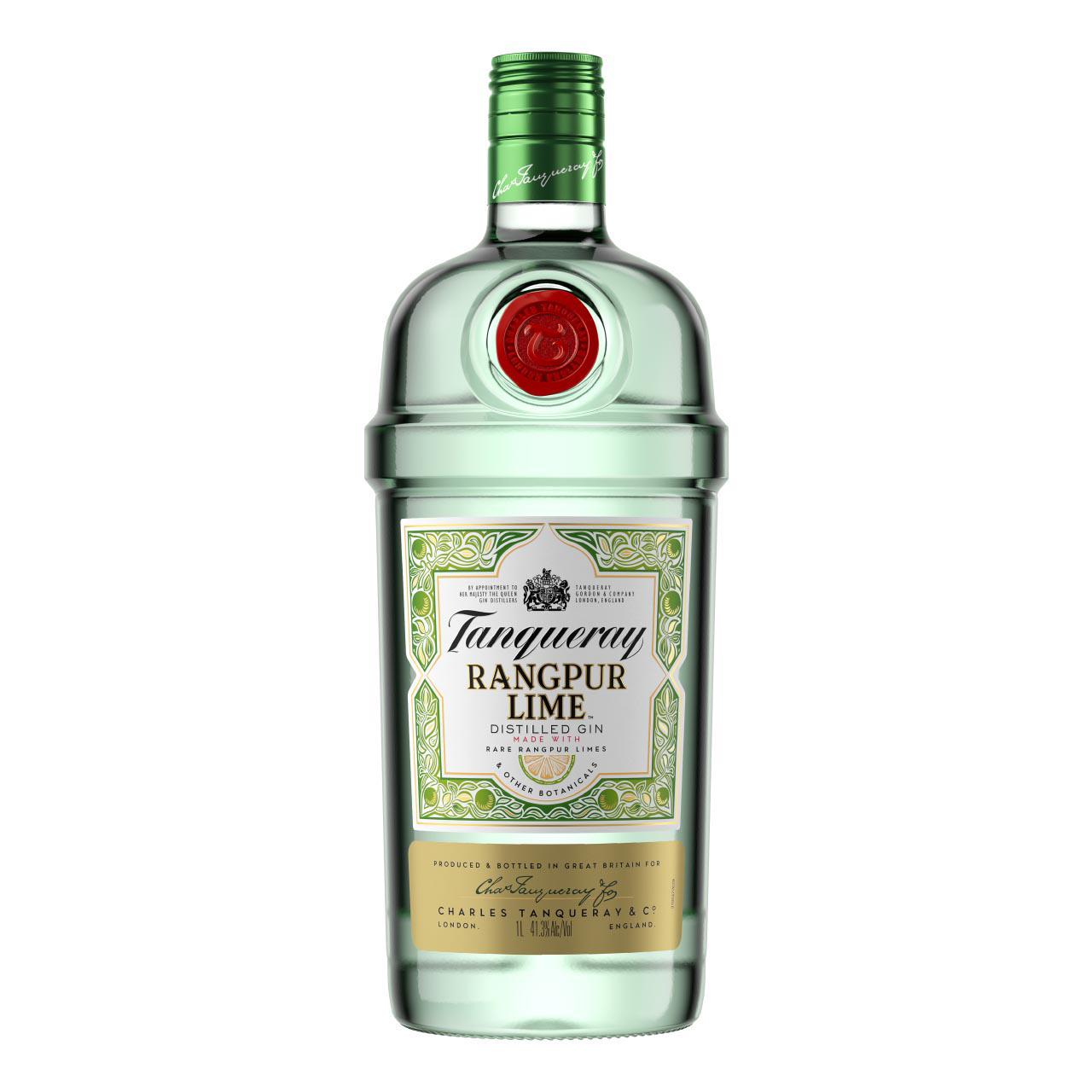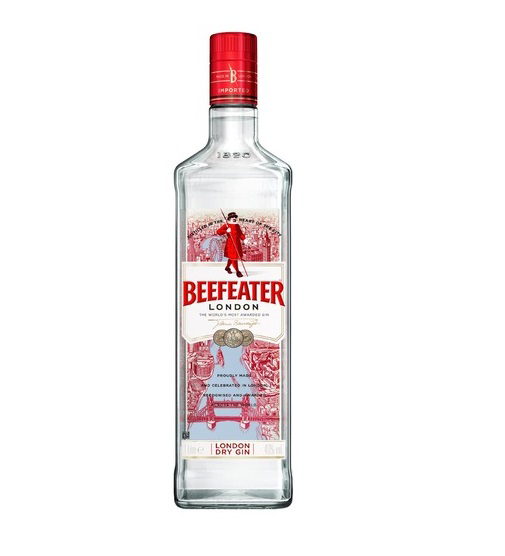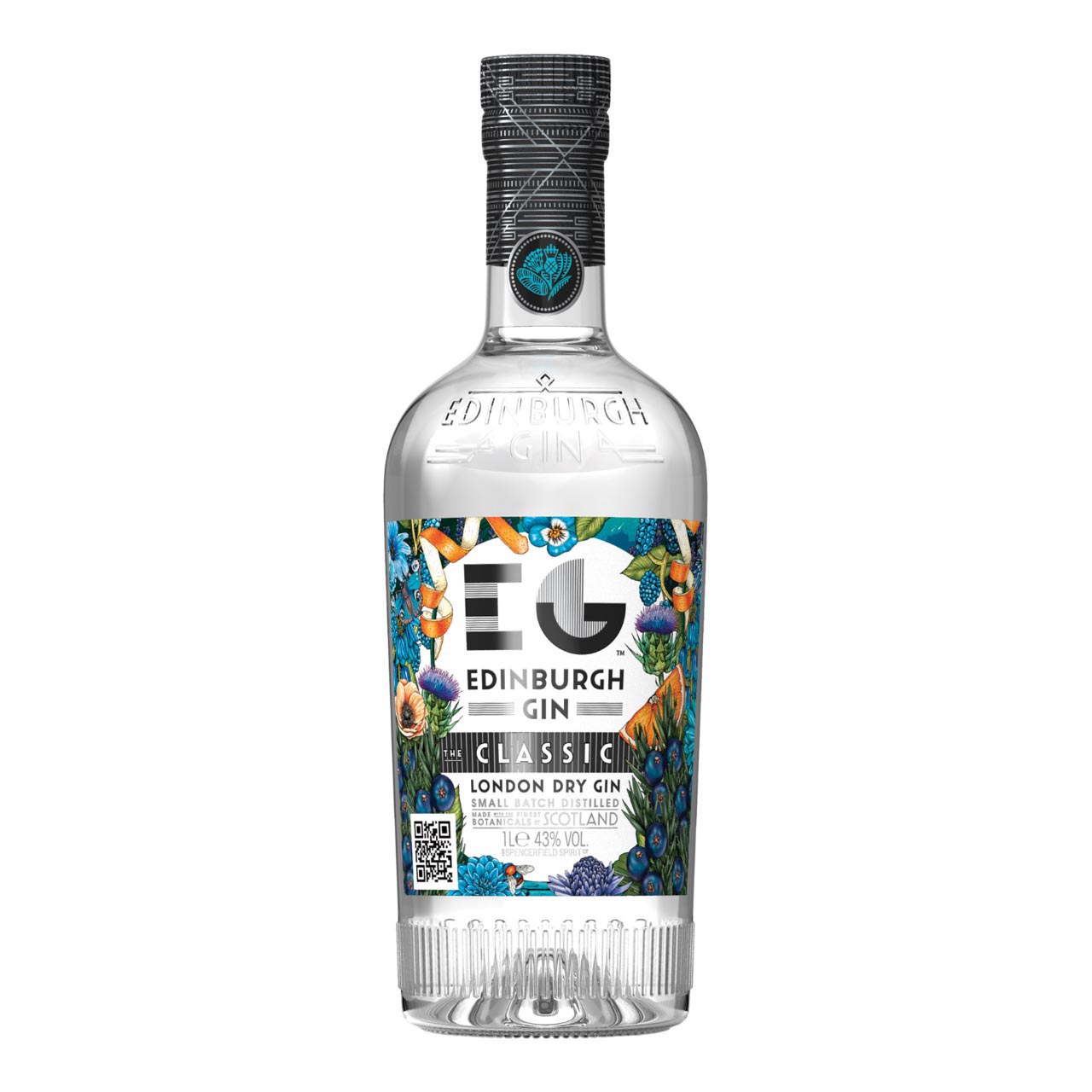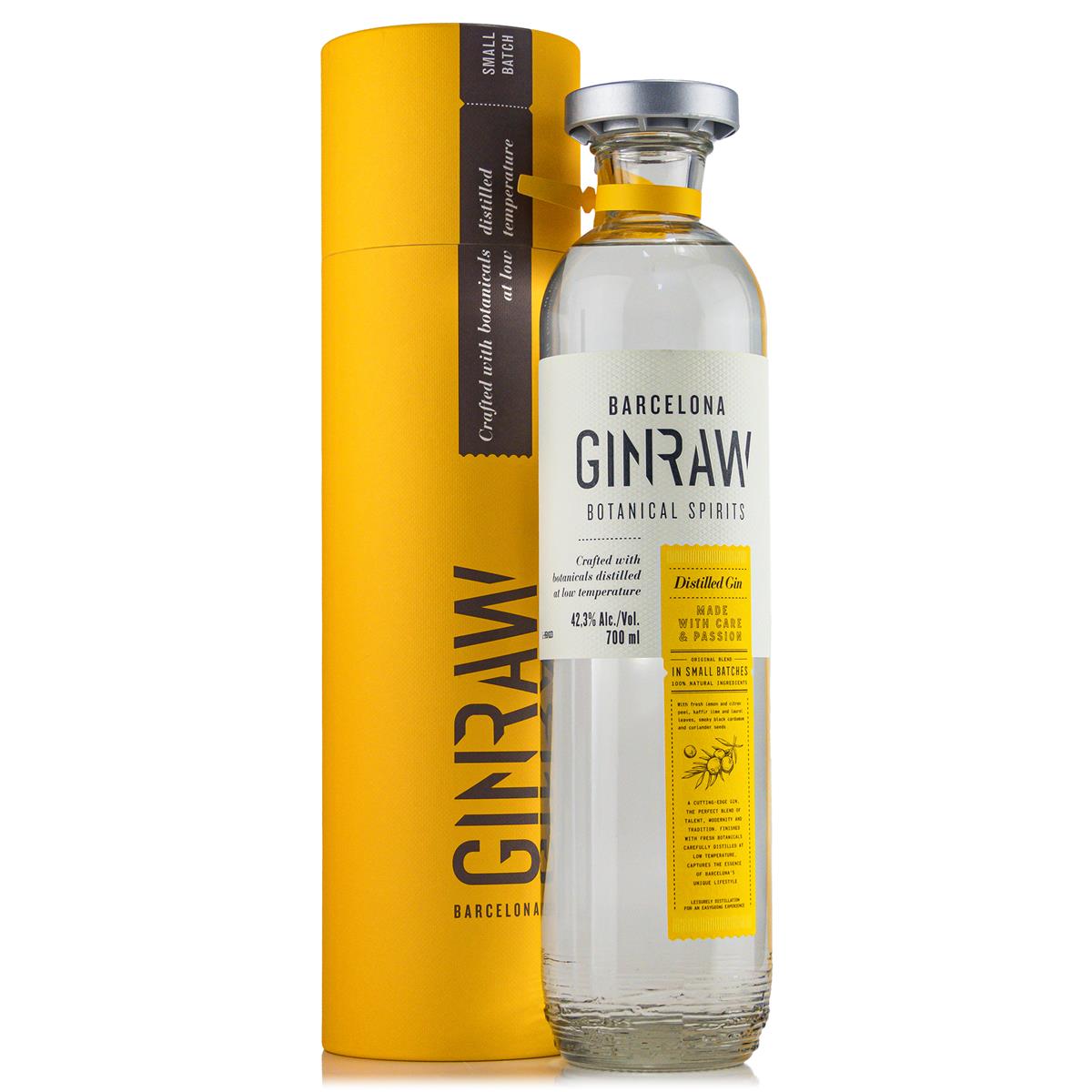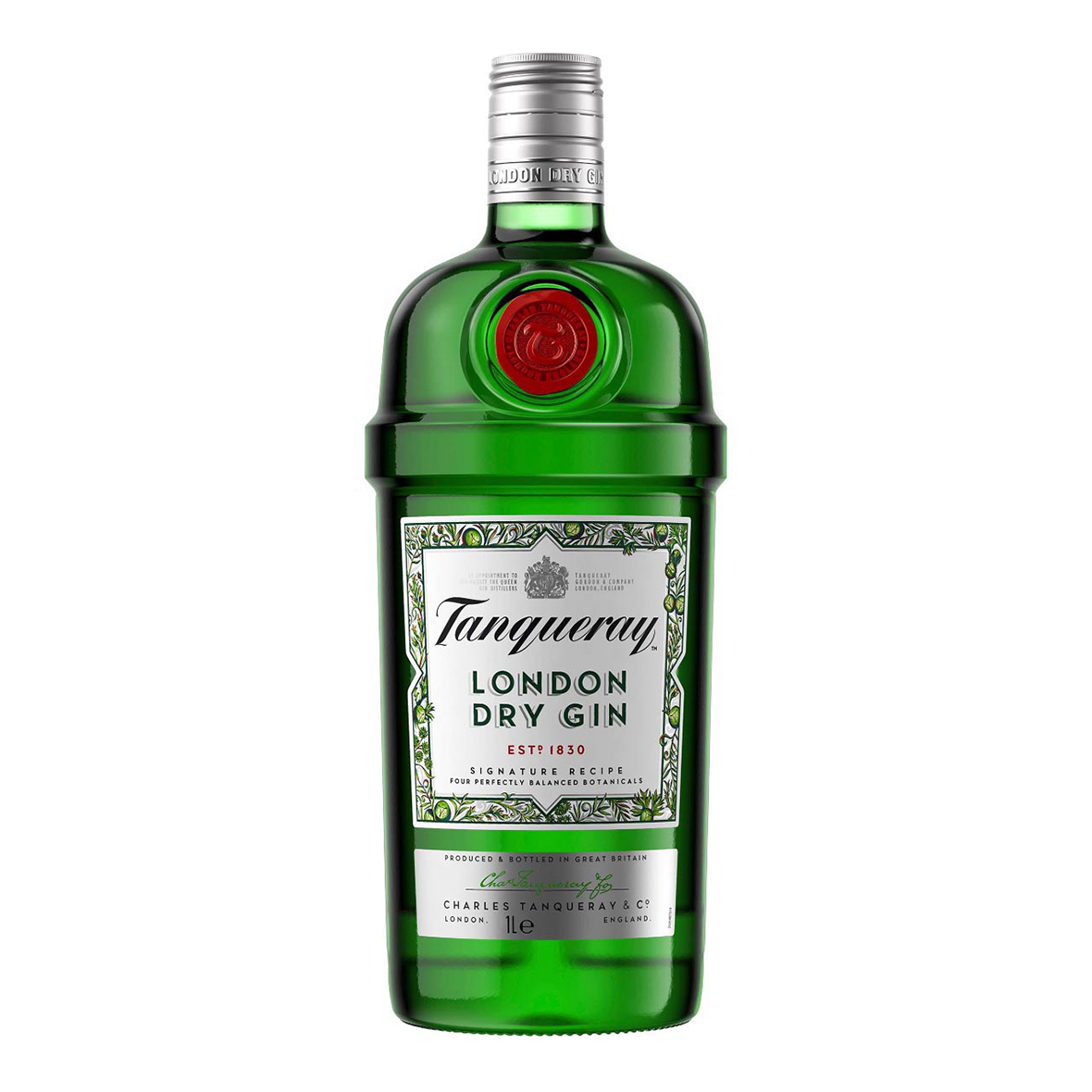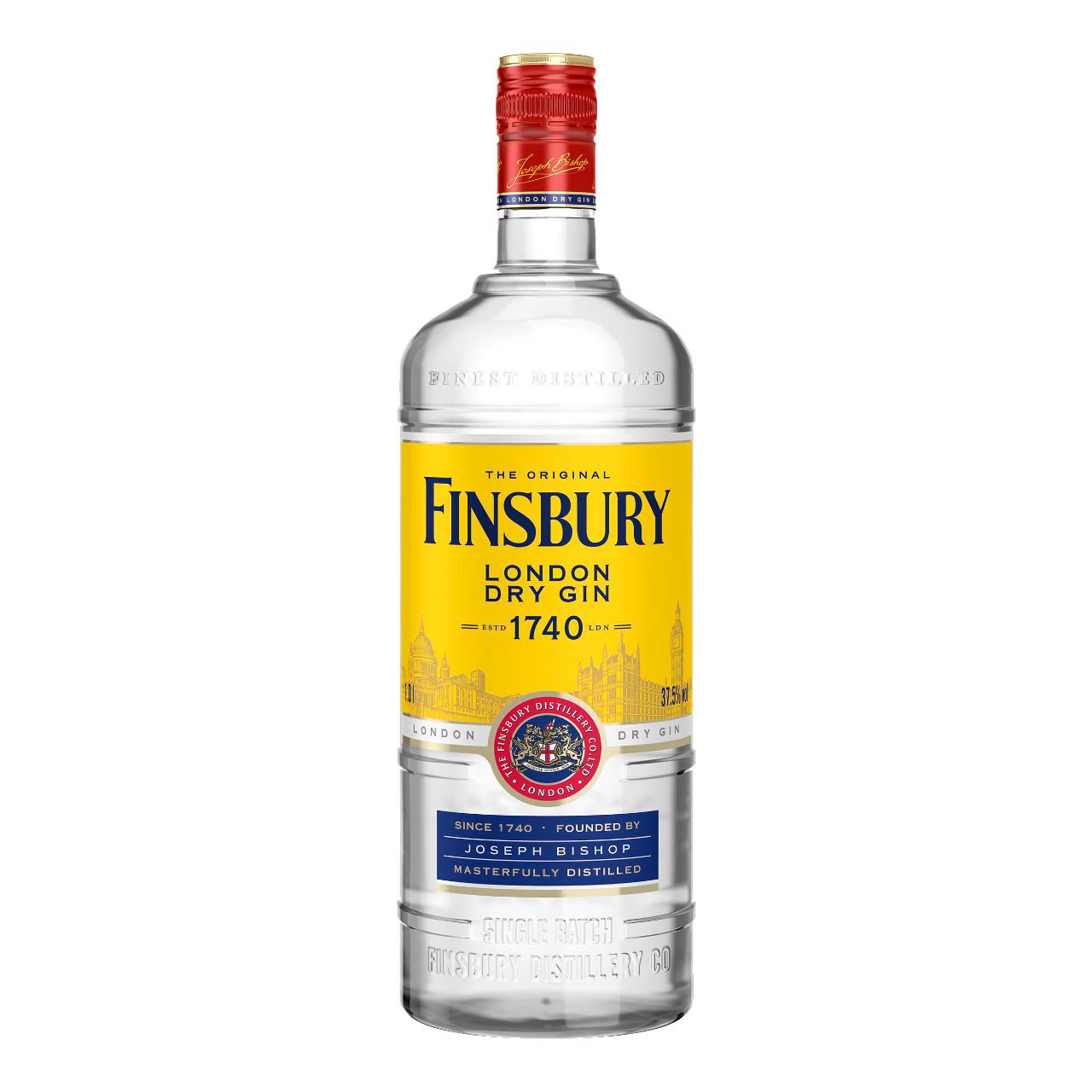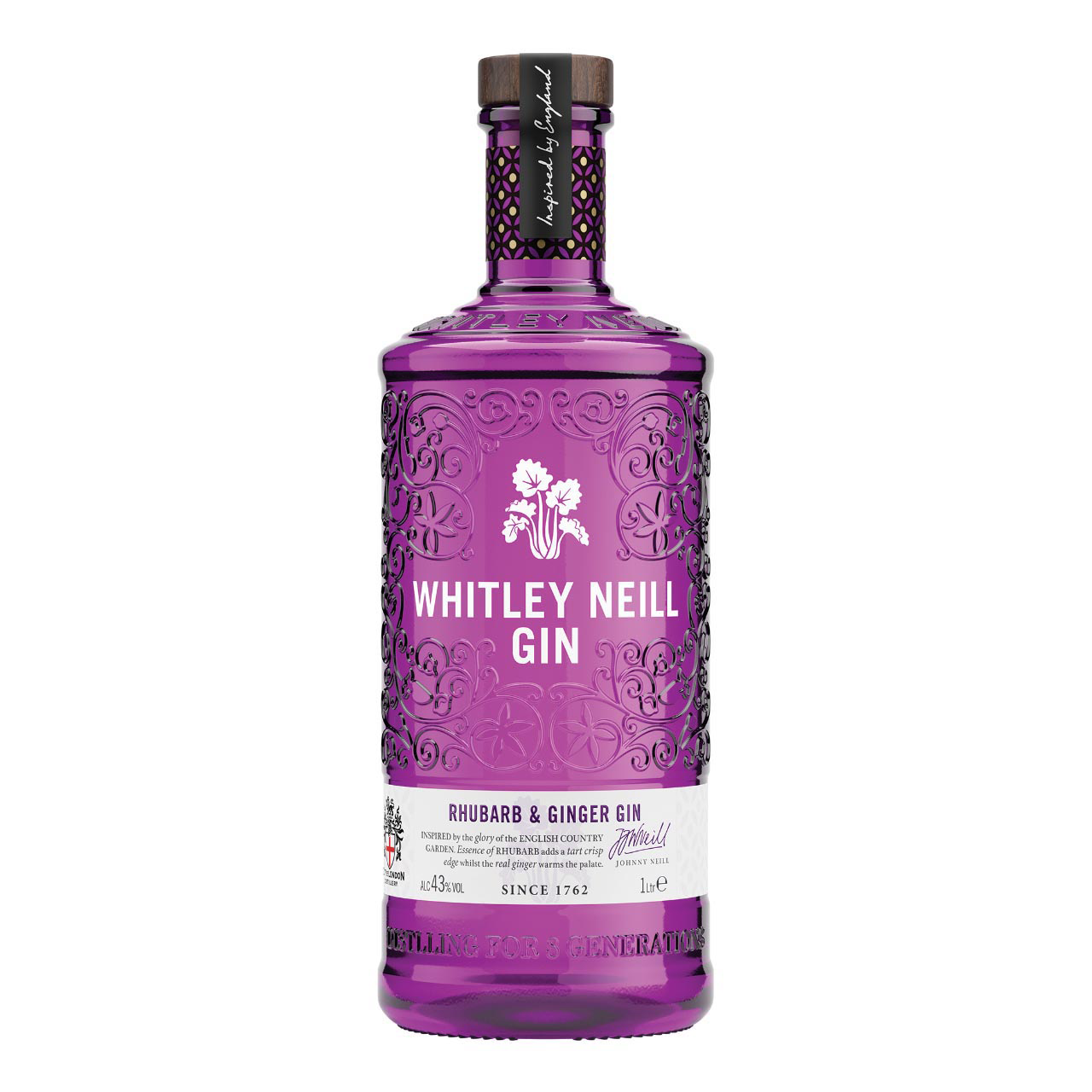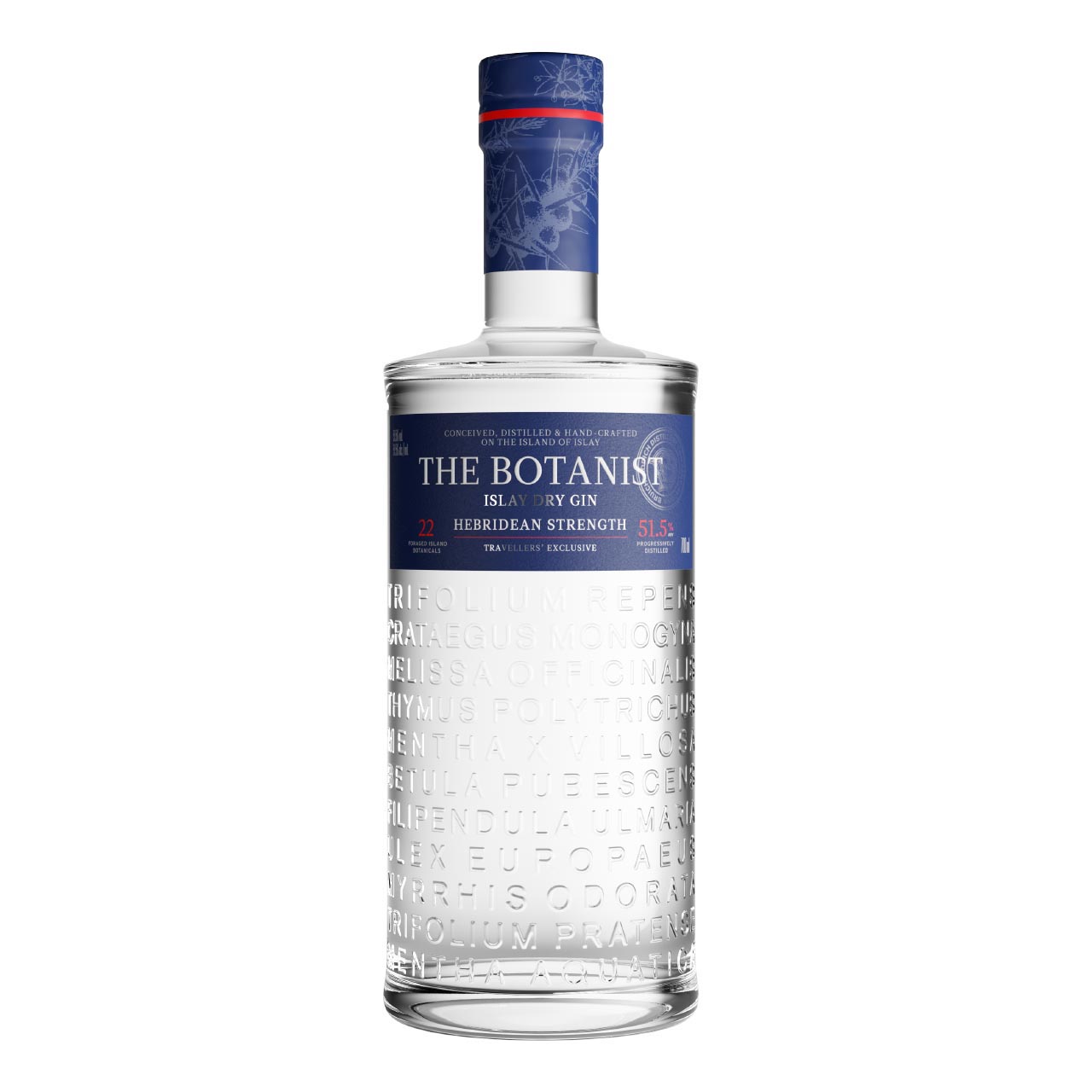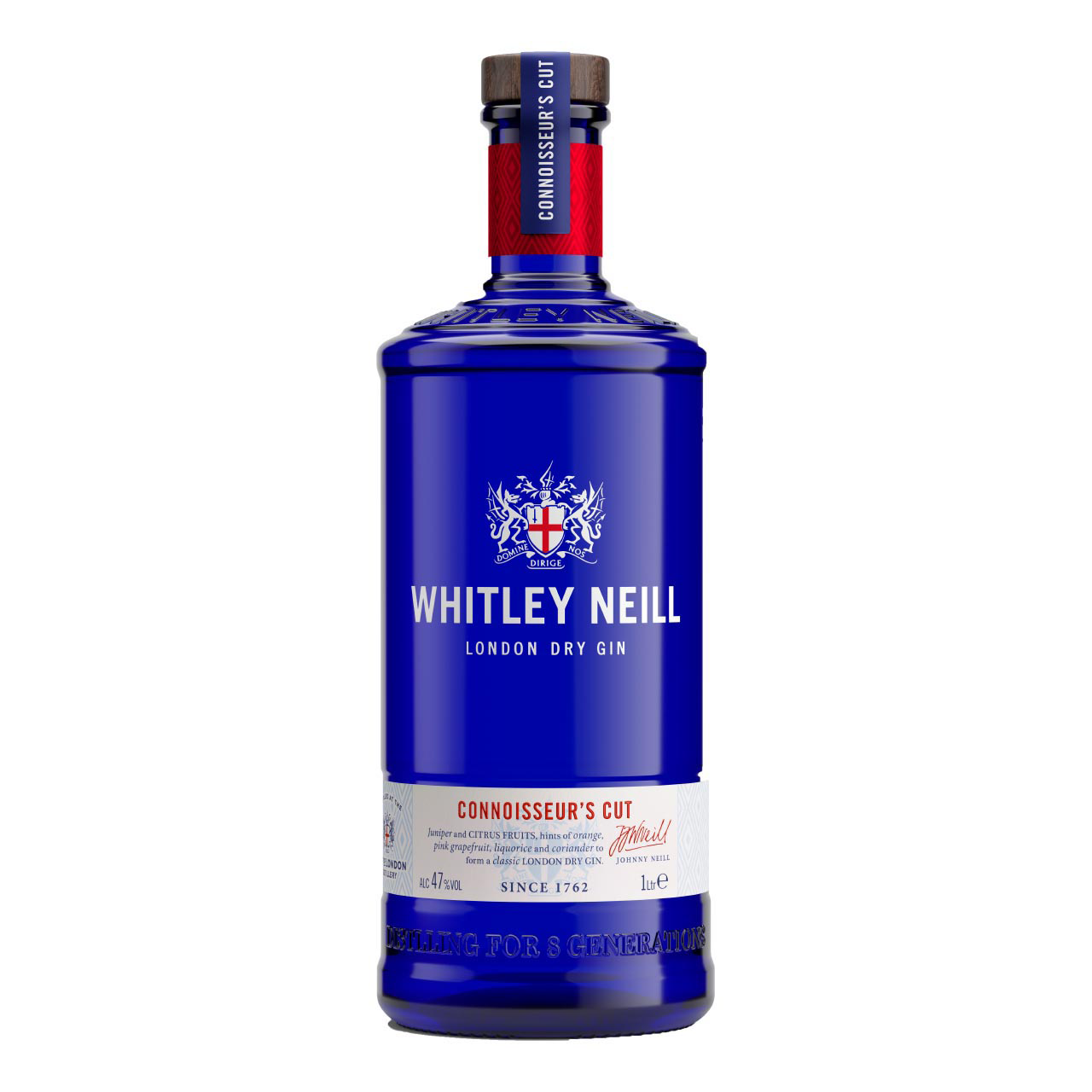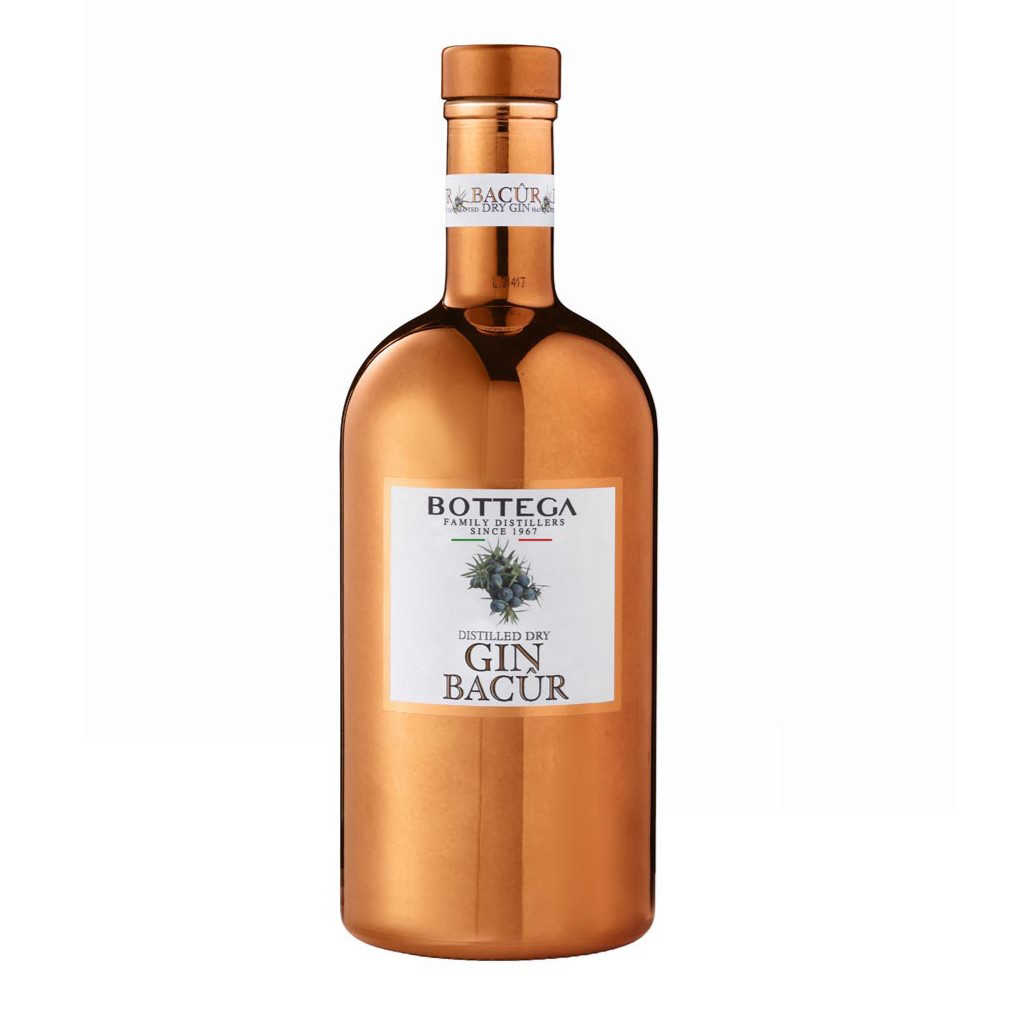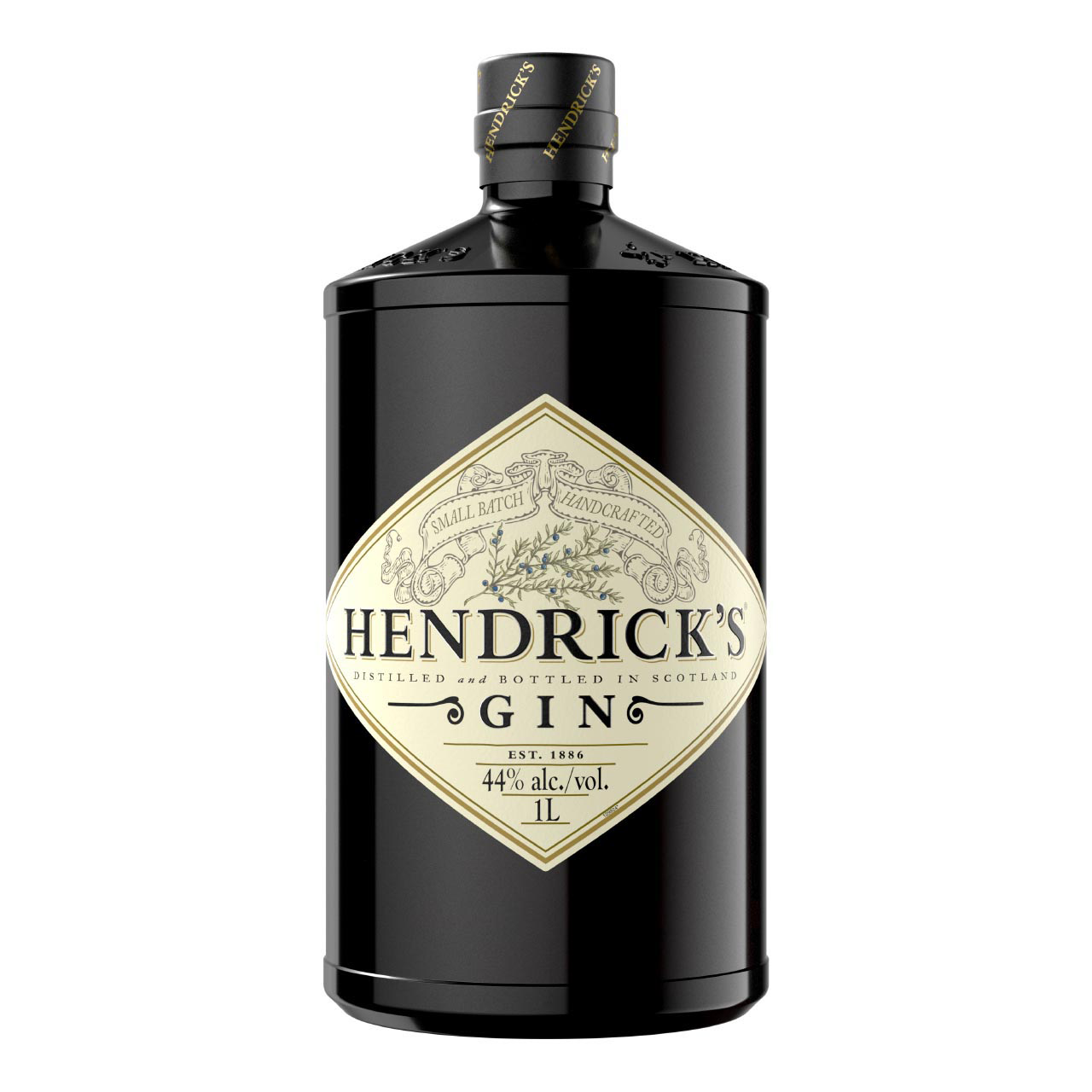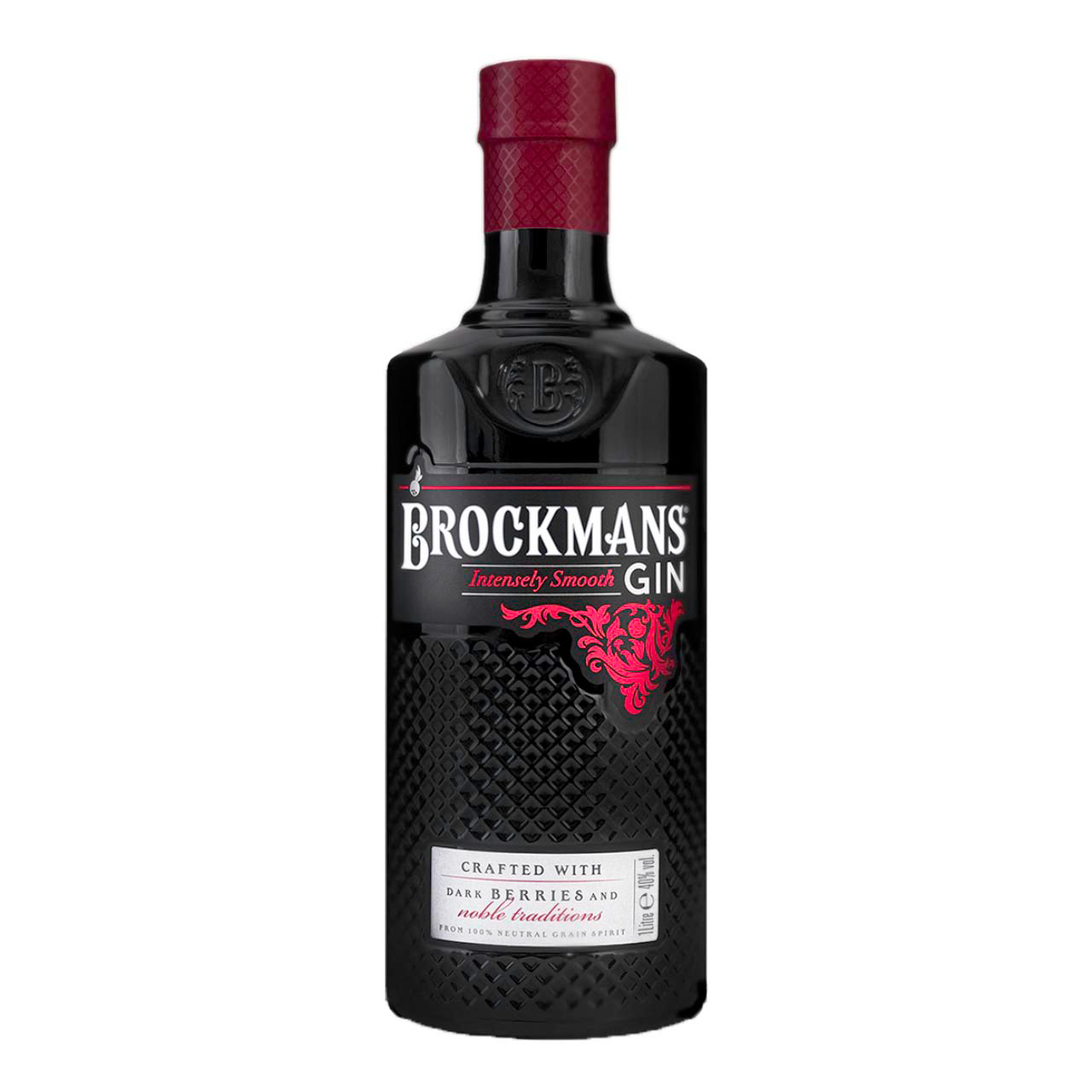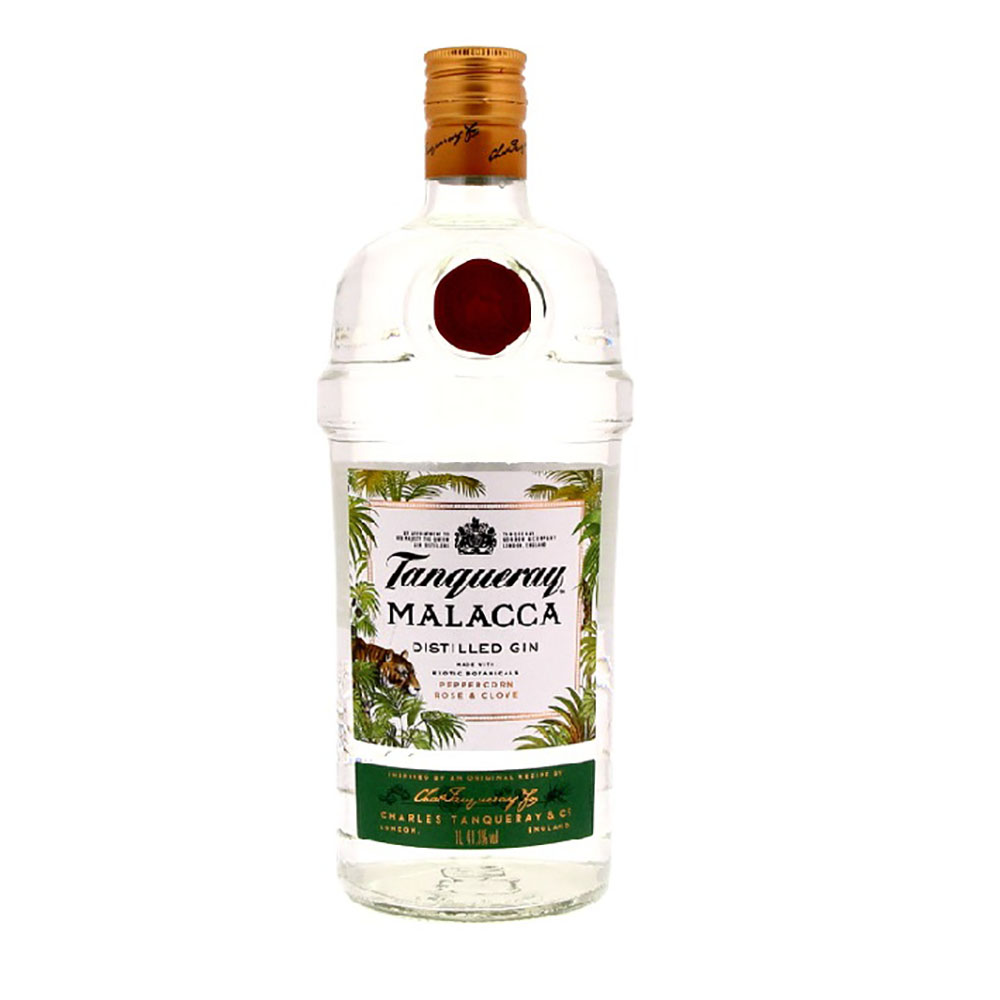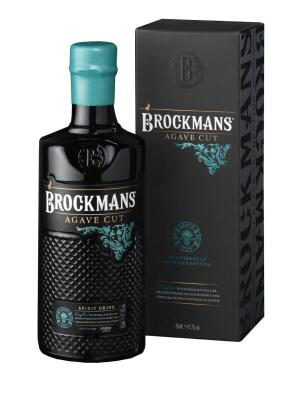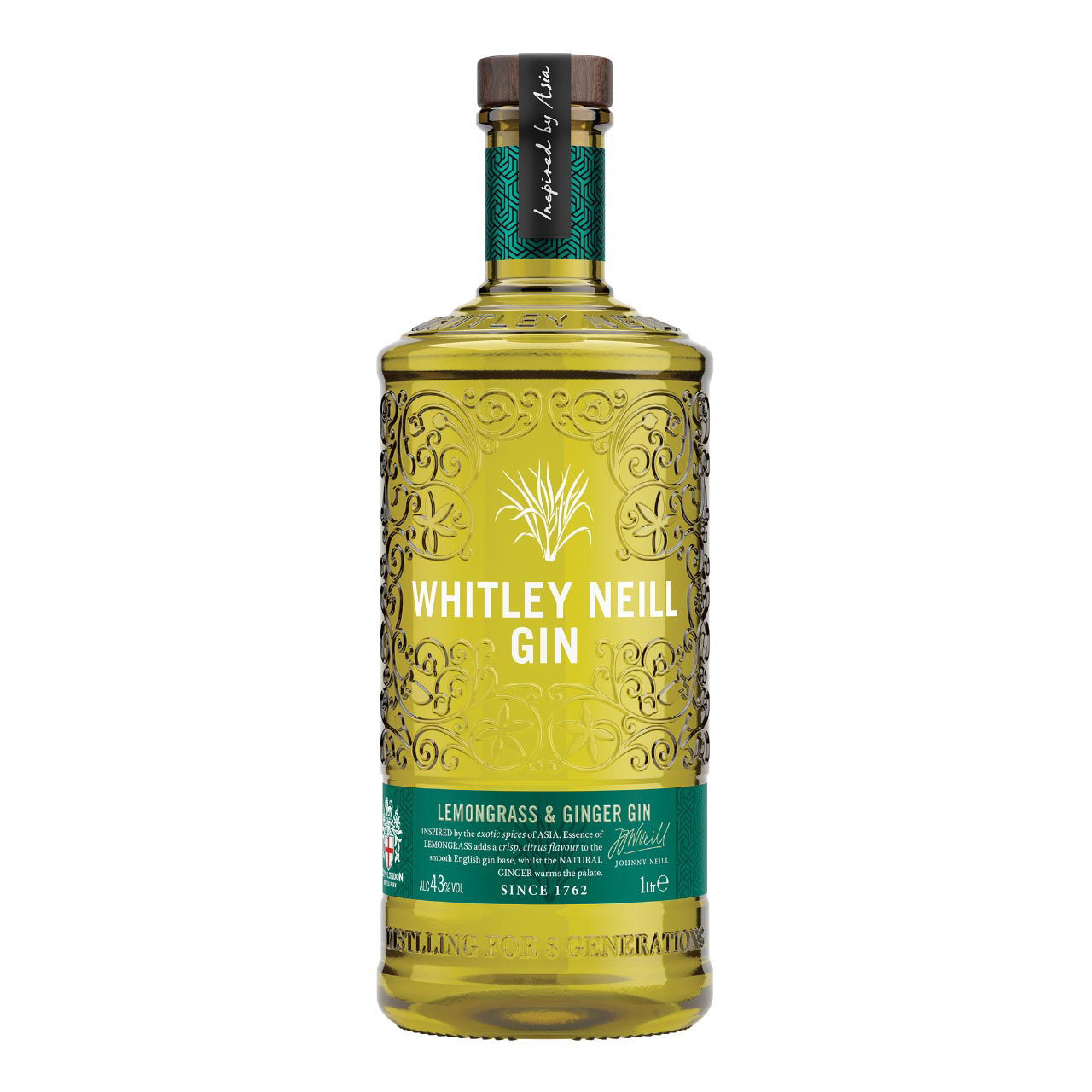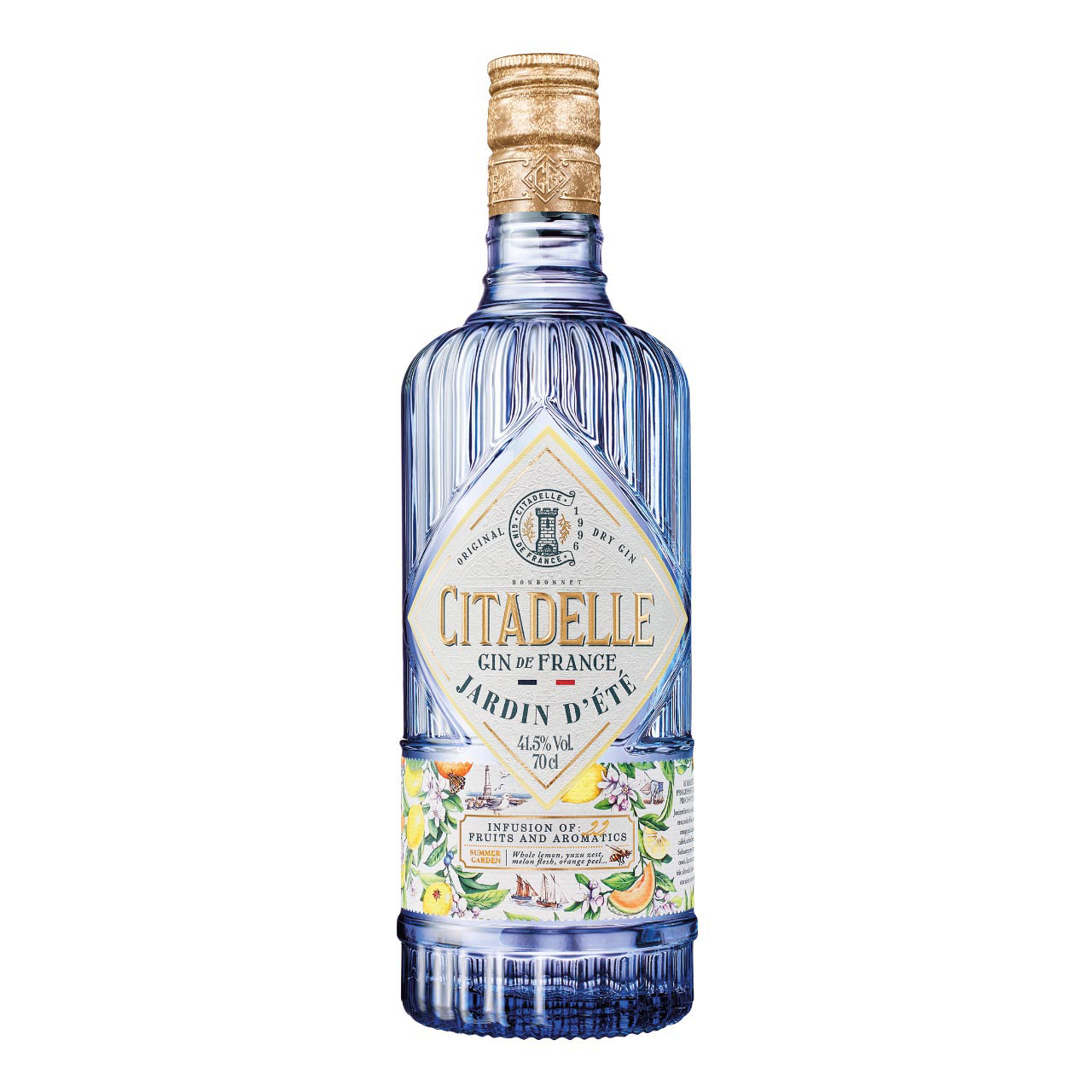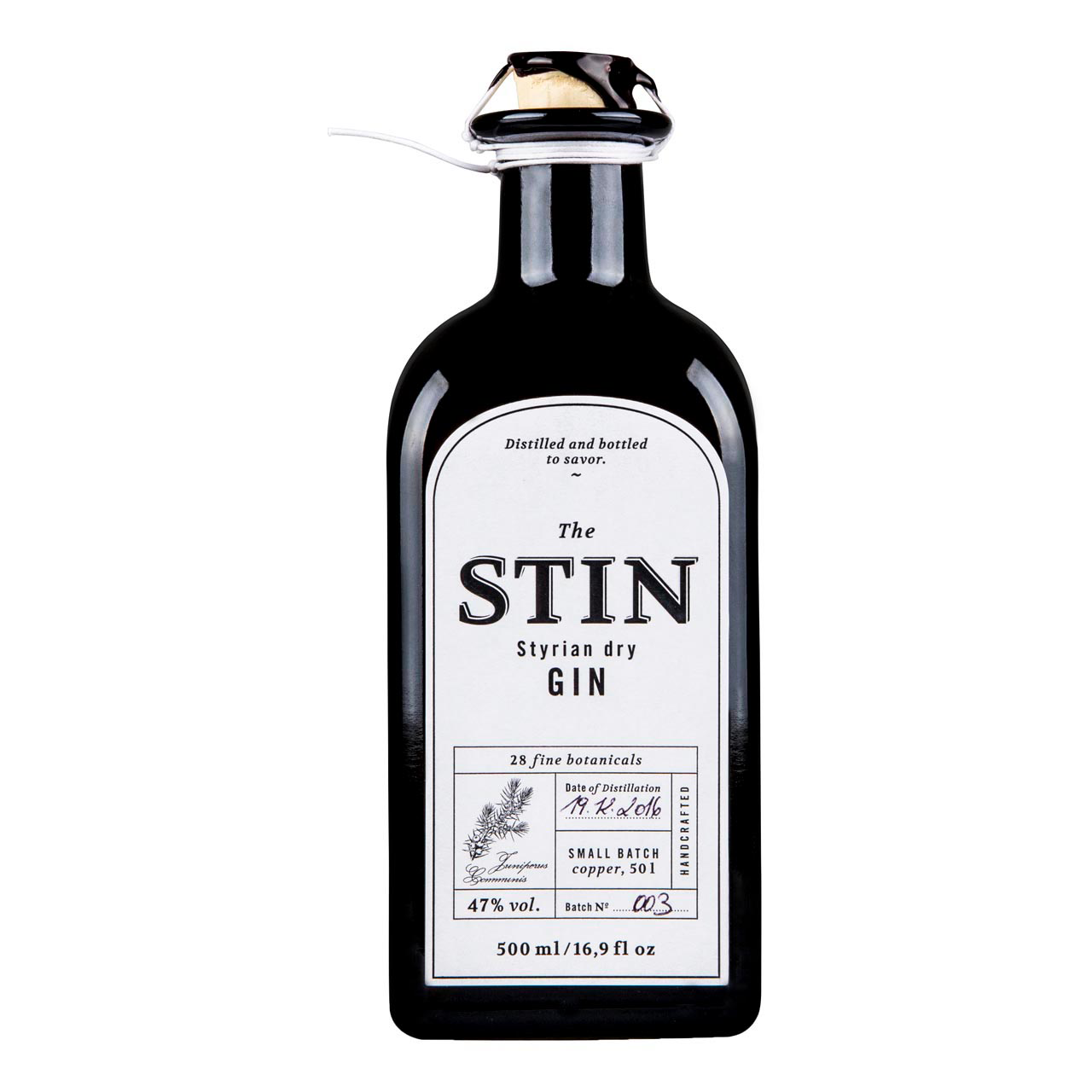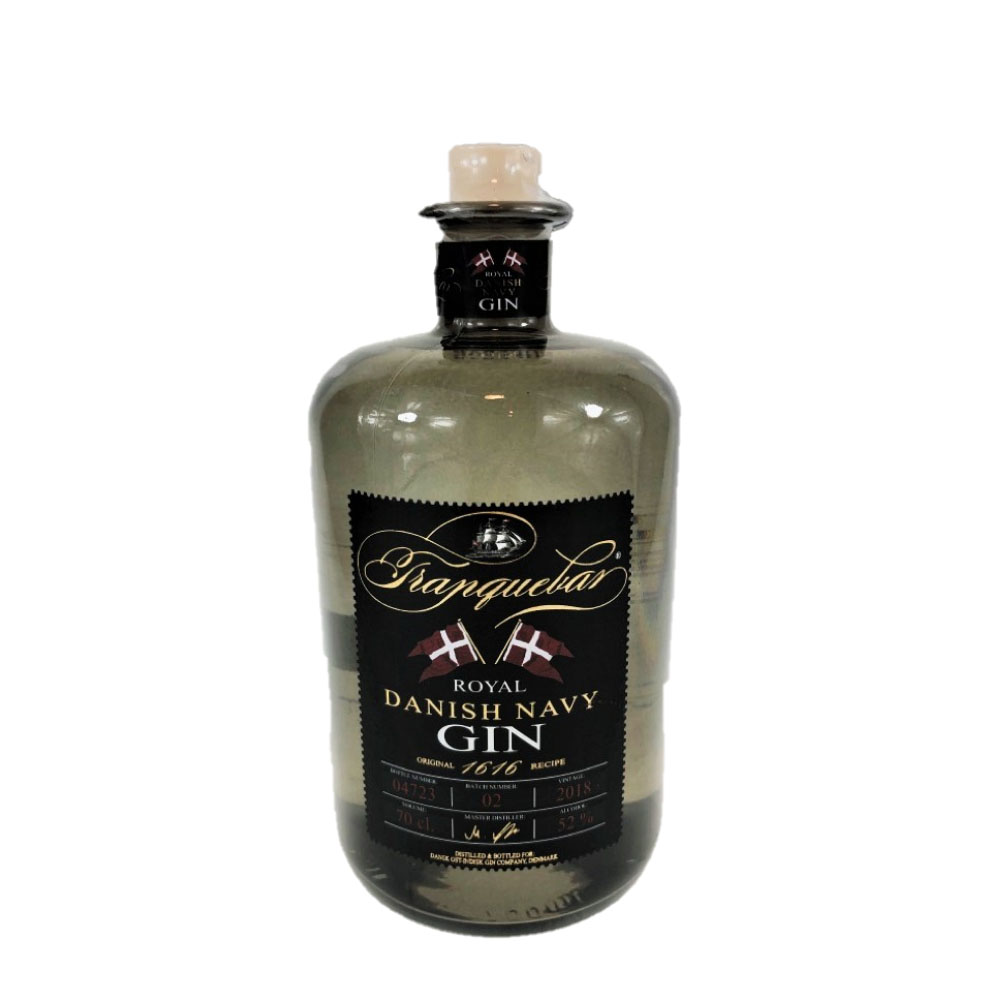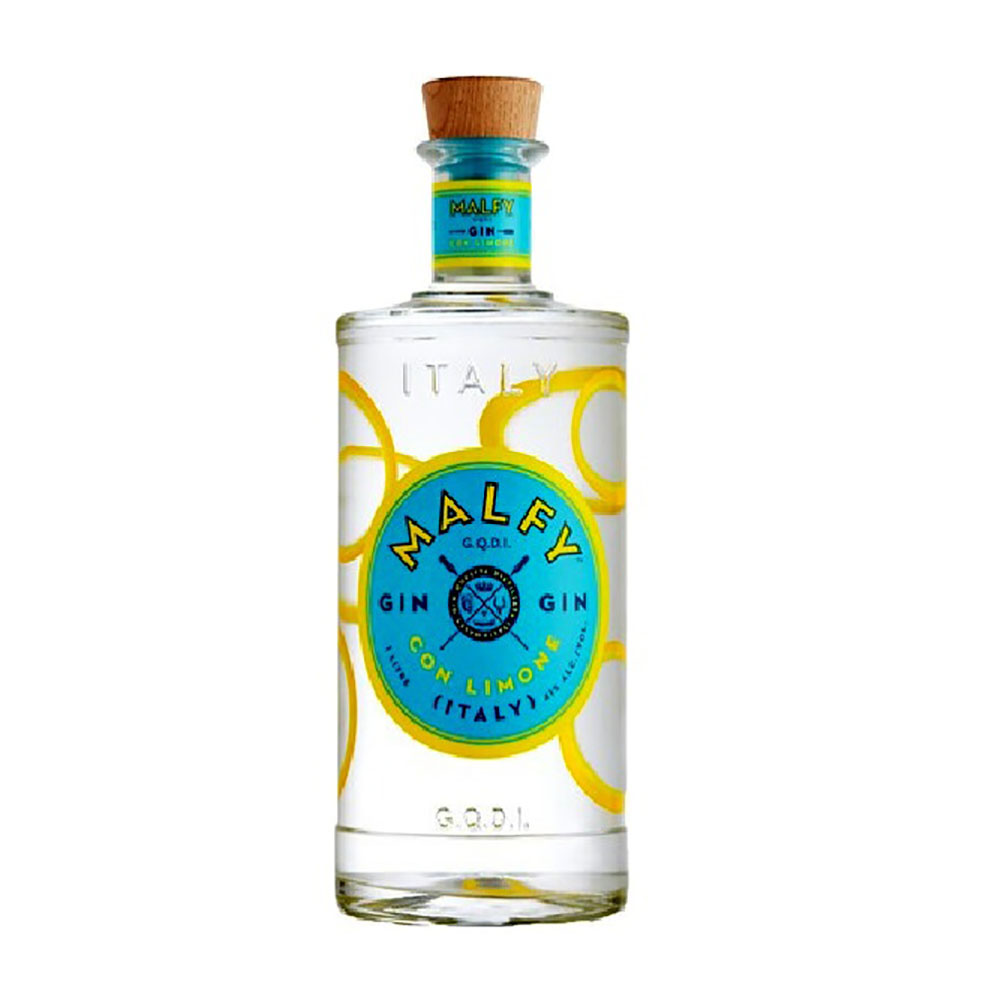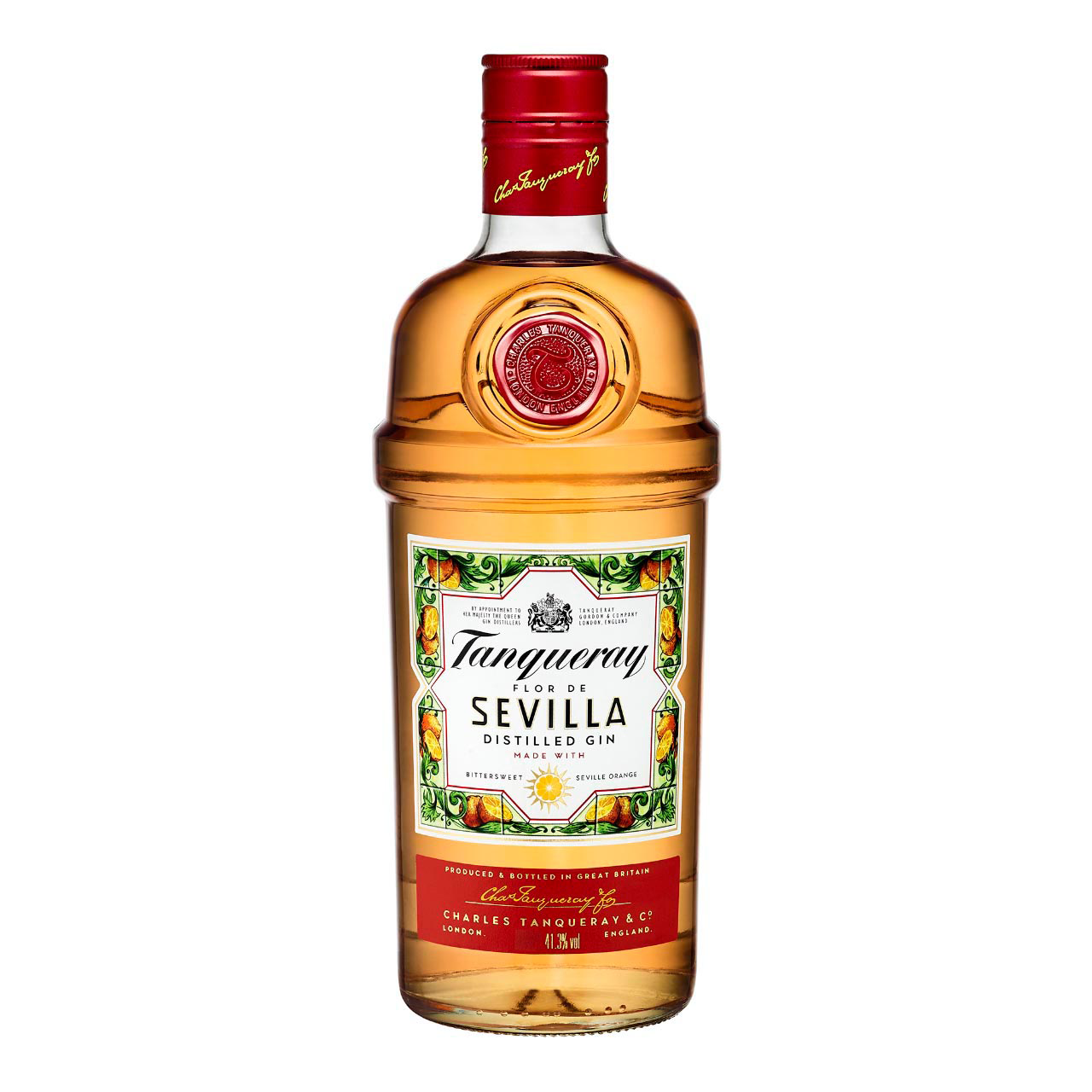Gins
Be inspired by the diversity of gin and find your new favorite gin. Buying guide
Filter products
197 Products
Average rating of 4.8 out of 5 stars
incl. VAT plus shipping
Average rating of 5 out of 5 stars
incl. VAT plus shipping
Average rating of 5 out of 5 stars
0.7 Liter (€20.71* / 1 Liter)
incl. VAT plus shippingAverage rating of 5 out of 5 stars
0.7 Liter (€39.93* / 1 Liter)
incl. VAT plus shippingAverage rating of 4.8 out of 5 stars
incl. VAT plus shipping
Average rating of 5 out of 5 stars
incl. VAT plus shipping
Average rating of 5 out of 5 stars
incl. VAT plus shipping
Average rating of 5 out of 5 stars
incl. VAT plus shipping
Average rating of 5 out of 5 stars
incl. VAT plus shipping
Average rating of 5 out of 5 stars
0.7 Liter (€22.71* / 1 Liter)
incl. VAT plus shippingAverage rating of 5 out of 5 stars
incl. VAT plus shipping
Average rating of 5 out of 5 stars
incl. VAT plus shipping
Average rating of 5 out of 5 stars
incl. VAT plus shipping
Average rating of 4.8 out of 5 stars
0.5 Liter (€45.98* / 1 Liter)
incl. VAT plus shippingAverage rating of 5 out of 5 stars
incl. VAT plus shipping
0.5 Liter (€29.80* / 1 Liter)
incl. VAT plus shippingAverage rating of 5 out of 5 stars
incl. VAT plus shipping
Average rating of 4.3 out of 5 stars
0.5 Liter (€49.80* / 1 Liter)
incl. VAT plus shippingAverage rating of 5 out of 5 stars
incl. VAT plus shipping
Average rating of 5 out of 5 stars
0.7 Liter (€42.71* / 1 Liter)
incl. VAT plus shippingAverage rating of 5 out of 5 stars
incl. VAT plus shipping
Average rating of 5 out of 5 stars
incl. VAT plus shipping
Average rating of 5 out of 5 stars
incl. VAT plus shipping
Average rating of 5 out of 5 stars
0.5 Liter (€65.90* / 1 Liter)
incl. VAT plus shippingAverage rating of 5 out of 5 stars
incl. VAT plus shipping
Average rating of 5 out of 5 stars
incl. VAT plus shipping
Average rating of 5 out of 5 stars
incl. VAT plus shipping
Average rating of 5 out of 5 stars
incl. VAT plus shipping
Average rating of 5 out of 5 stars
0.7 Liter (€37.07* / 1 Liter)
incl. VAT plus shippingAverage rating of 5 out of 5 stars
incl. VAT plus shipping
0.7 Liter (€62.79* / 1 Liter)
incl. VAT plus shippingAverage rating of 5 out of 5 stars
incl. VAT plus shipping
Average rating of 5 out of 5 stars
incl. VAT plus shipping
Average rating of 5 out of 5 stars
incl. VAT plus shipping
Average rating of 5 out of 5 stars
incl. VAT plus shipping
Average rating of 5 out of 5 stars
0.7 Liter (€52.14* / 1 Liter)
incl. VAT plus shippingincl. VAT plus shipping
Average rating of 5 out of 5 stars
0.7 Liter (€32.71* / 1 Liter)
incl. VAT plus shippingAverage rating of 5 out of 5 stars
0.5 Liter (€59.00* / 1 Liter)
incl. VAT plus shipping0.7 Liter (€39.86* / 1 Liter)
incl. VAT plus shippingAverage rating of 5 out of 5 stars
incl. VAT plus shipping
Buying guide: Gin
Gin is a popular spirit that has its origins in the 17th century. The characteristic taste of gin comes mainly from juniper berries, which give it a distinctive, resinous and slightly bitter aroma. In addition to juniper, a variety of herbs and spices, known as botanicals, are used in the production of gin. These botanicals can include coriander, citrus peel, angelica root, licorice and many other plants that give the gin different aromas and flavors.
The gin production process begins with a neutral grain spirit, which is distilled several times to achieve a high alcohol content and purity. This base spirit is then distilled again with the selected botanicals. The resulting distillation process results in a complex and aromatic drink that can be used in a variety of cocktails or enjoyed neat.
Our recommendations of the best gins
The fruity one: Tanqueray Rangpur
Tanqueray Rangpur is an exquisite gin that is characterized by its fruity taste. It is made from the rare Rangpur limes, which give it a unique citrus note. In addition to limes, this gin also contains ginger, bay leaf, coriander and, of course, juniper. Tanqueray Rangpur is ideal for those looking for a fresh and fruity gin that goes perfectly with summer cocktails.
The Oriental: Opihr Oriental Spiced
Opihr Oriental Spiced Gin takes you on a journey along the ancient spice route. With botanicals such as cubeb pepper from Indonesia, black pepper from India and coriander from Morocco, this gin offers an incomparable, spicy aroma. Produced in London's oldest gin distillery, Opihr combines traditional gin flavors with exotic oriental spices. A must for lovers of strong and spicy gins.
The renowned one: Hendrick's Gin
Hendrick's Gin is known for its unusual combination of Bulgarian rose and fresh cucumber. Produced in Scotland by William Grant & Sons, this gin offers an exceptional taste experience. Eleven botanicals from around the world provide a complex and balanced aroma. The floral and fresh notes make Hendrick's Gin ideal for creative cocktails or for pure enjoyment.
The regional one: Berliner Brandstifter Dry Gin
Berliner Brandstifter Dry Gin represents German craftsmanship at the highest level. With hand-picked herbs from the Berlin area, including elderflower, mallow blossom and woodruff, this gin offers a fresh, floral aroma. Its smooth and balanced texture makes it an excellent companion for classic gin cocktails or to enjoy on its own.
The aromatic one: Sir Edmond Vanilla infused
Sir Edmond Gin from Holland is the first gin in the world to be infused with bourbon vanilla. The vanilla from Madagascar and Réunion gives it an exceptional, full-bodied note. Combined with cardamom, cinnamon, juniper and ginger, this gin offers a unique taste experience. Sir Edmond Gin is ideal for lovers of aromatic and complex gins.
The most popular gin brands
Gin enjoys great popularity worldwide and there are a variety of brands that are known for their quality and unique taste. The best-known and most popular gin brands include:
- Tanqueray: Known for its classic and fruity gins.
- Hendrick's: Famous for its unique combination of rose and cucumber.
- Bombay Sapphire: A gin with a complex blend of ten botanicals.
- Beefeater: A traditional London Dry Gin with a strong juniper aroma.
- Monkey 47: A German gin with 47 different botanicals.
- Gordon's: One of the best-selling gins in the world, known for its classic taste.
The differences between the types of gin
There are various types of gin, which differ in terms of their production and the botanicals used. The best-known types of gin are
Dry Gin
Dry gin is the standard version of gin, where the flavor of juniper berries is the main focus. There are no specific rules on how the botanicals must be added, and additional flavors can be used as long as the juniper flavor dominates.
London Dry Gin
London Dry is a classic gin that is dry and strong in taste. During production, the botanicals must be added during distillation and no additional flavorings or colorings may be used. London Dry Gin is characterized by its purity and intense juniper flavour.
Western Dry Gin
Western Dry is a modern interpretation of gin, where the traditional juniper note often takes a back seat in favor of other botanicals. These gins are more experimental and can have a variety of flavor profiles, from fruity to floral.
Flavoured gin
This type of gin is infused with additional flavors such as fruits, spices or herbs. Flavoured gins offer a wide range of flavors and are ideal for creative cocktails. Examples include gin with strawberry, rhubarb or rose flavours.
Non-alcoholic gin
A great alternative for those who want to enjoy the taste of gin without the alcohol. Non-alcoholic gin is made from the same botanicals as conventional gin, but the alcohol content is removed or greatly reduced. These gins are ideal for mocktails or for those who want to avoid alcohol.
Gin from different countries
Gin is produced all over the world, and each country produces its own unique styles and flavors. Some of the best-known gin-producing countries are:
- Great Britain: The home country of gin, known for its traditional London Dry Gins and innovative brands such as Hendrick's and Tanqueray.
- Germany: Known for creative and high-quality gins such as Monkey 47 and Berliner Brandstifter.
- Spain: Gin and tonic is particularly popular here, and there are many regional gins with Mediterranean botanicals.
- The Netherlands: The country of origin of the genever, which is considered the forerunner of modern gin. Dutch gins such as Sir Edmond combine tradition with innovation.
- USA: The craft gin movement is strong, with many small distilleries producing high-quality and experimental gins.
Frequently asked questions (FAQ)
How should gin be stored?
Gin should be stored in a cool, dark place, ideally at room temperature. Direct sunlight and high temperatures can affect the taste.
What is the shelf life of gin?
Gin has an almost unlimited shelf life as long as it is stored correctly. Once opened, it should be consumed within one to two years to ensure the best taste.
Can you drink gin neat?
Yes, many gins are excellent for pure enjoyment, especially high-quality gins with complex aromas. It is best to try your gin at room temperature or slightly chilled.
What does non-alcoholic gin taste like?
Non-alcoholic gin attempts to mimic the taste of traditional gin without the alcohol. The quality and taste may vary, but they often contain similar botanicals and offer a good alternative for non-drinkers.
What is the difference between London Dry Gin and other types of gin?
London Dry Gin is a specific type of gin that is dry and strong in flavor. No additional flavors or colorings may be added, and the botanicals must be added during distillation.
What does "botanicals" mean in connection with gin?
Botanicals are the herbs, spices, fruits and plants used in the production of gin to give it its characteristic taste.
What does "craft gin" mean?
Craft gin refers to gin that is produced in small batches by independent distilleries. These gins often emphasize high-quality ingredients and innovative production processes.
What does "Navy Strength" mean for gin?
Navy Strength Gin has a higher alcohol content, usually around 57% vol. The term originates from the time when the British Navy carried high-proof gin to ensure that gunpowder remained functional even if the gin was accidentally spilled.
Which cocktails are typically made with gin?
The best-known gin cocktails include Gin Tonic, Martini, Negroni, Tom Collins and Gin Basil Smash. Each of these cocktails highlights different aspects of gin and offers a unique taste experience.
How is gin made?
Gin is produced by distilling a neutral grain spirit with botanicals. After distillation, the gin is diluted with water to the desired drinking strength and bottled.
What ingredients are used to make gin?
In addition to juniper, which must be present in every gin, numerous other botanicals can be used, including coriander, citrus peel, angelica root, licorice, cinnamon, pepper and many more.
Which countries are known for producing gin?
The best-known gin producers include the UK, Germany, Spain, the Netherlands and the USA.
What is the origin of gin?
Gin has its origins in the 17th century in the Netherlands, where genever, a forerunner of modern gin, was developed. From there, it spread to England and was further developed there.
What is the difference between gin and jenever?
Genever is a Dutch forerunner of gin, which is made from malted grain and has a stronger, more malty taste. Gin, on the other hand, is made from a neutral grain spirit and is lighter and drier in taste.
What role does distillation play in the production of gin?
Distillation is a crucial process in the production of gin, as it extracts and concentrates the aromas of the botanicals. Different distillation methods can lead to varying flavor profiles.


